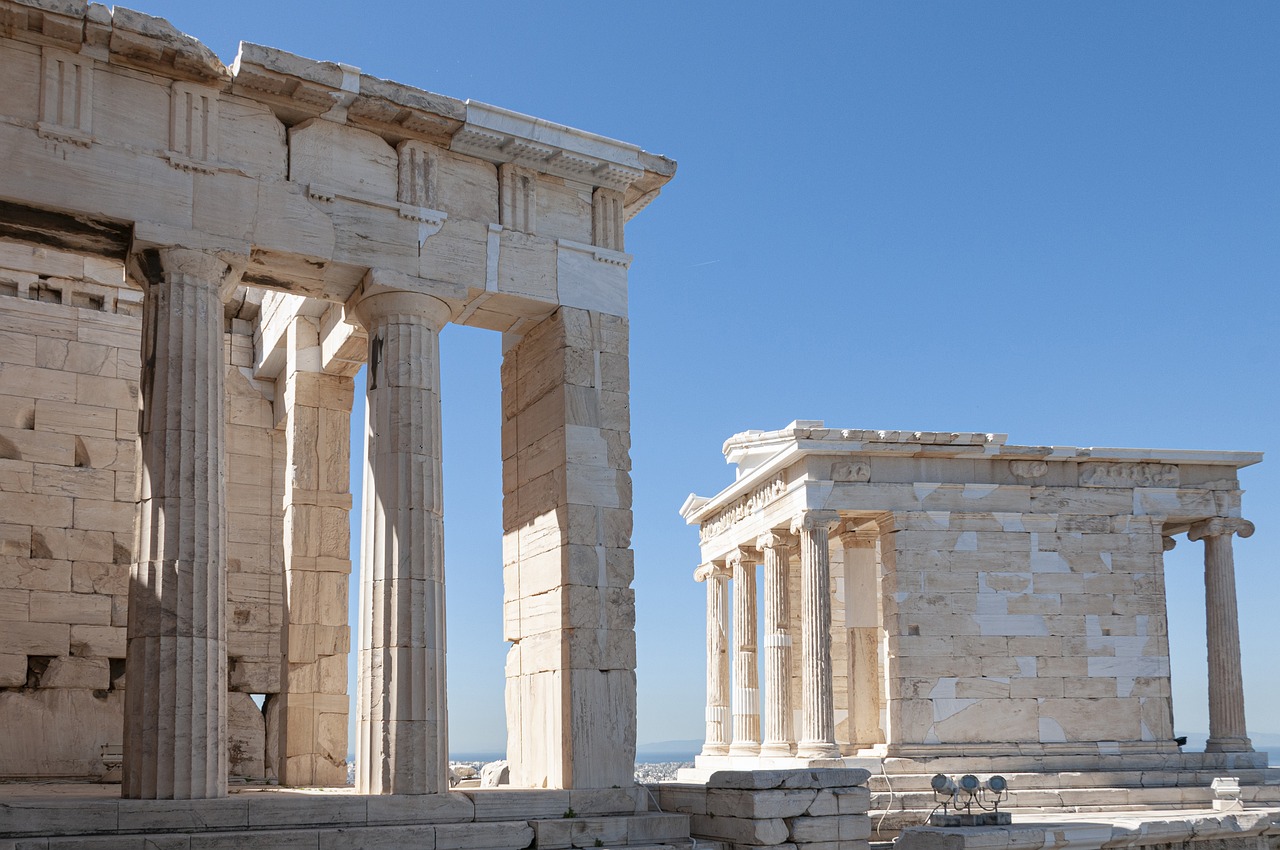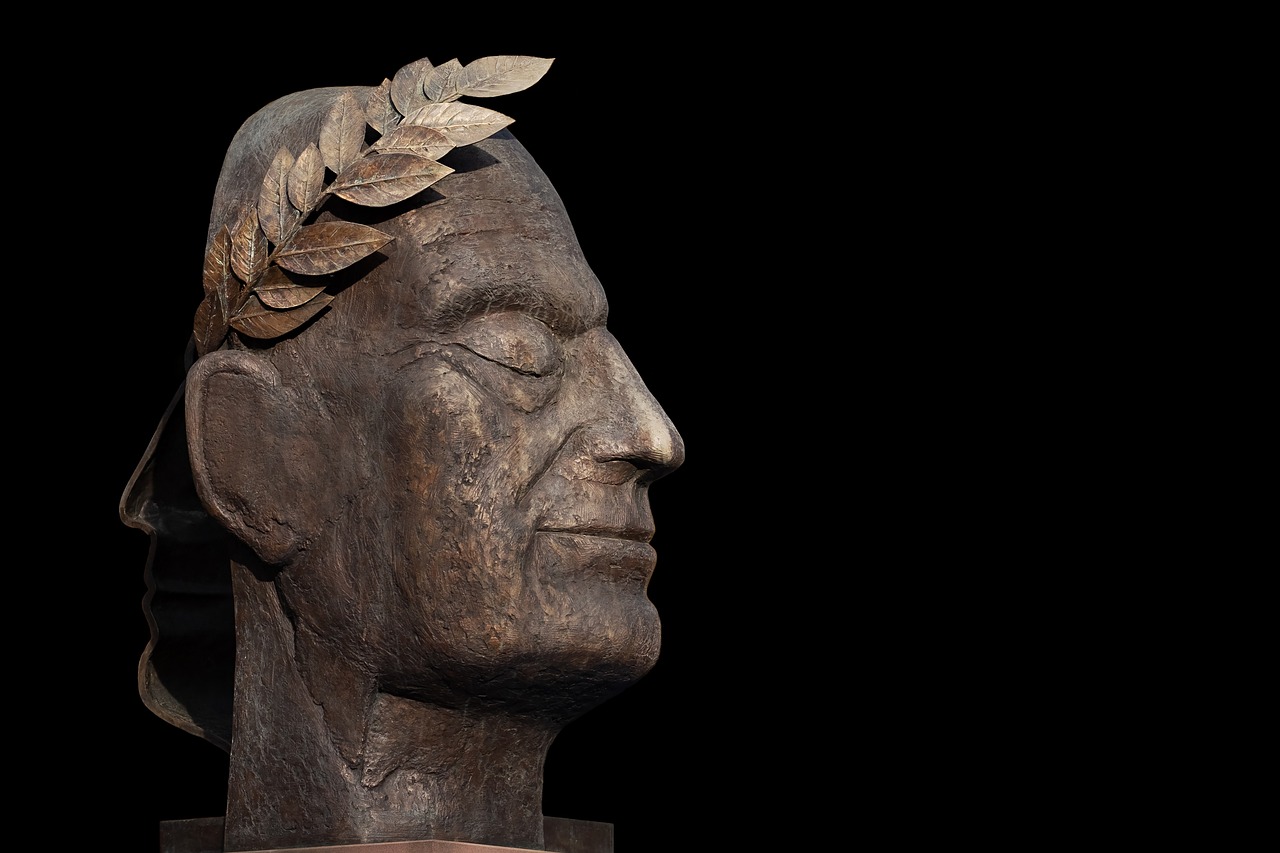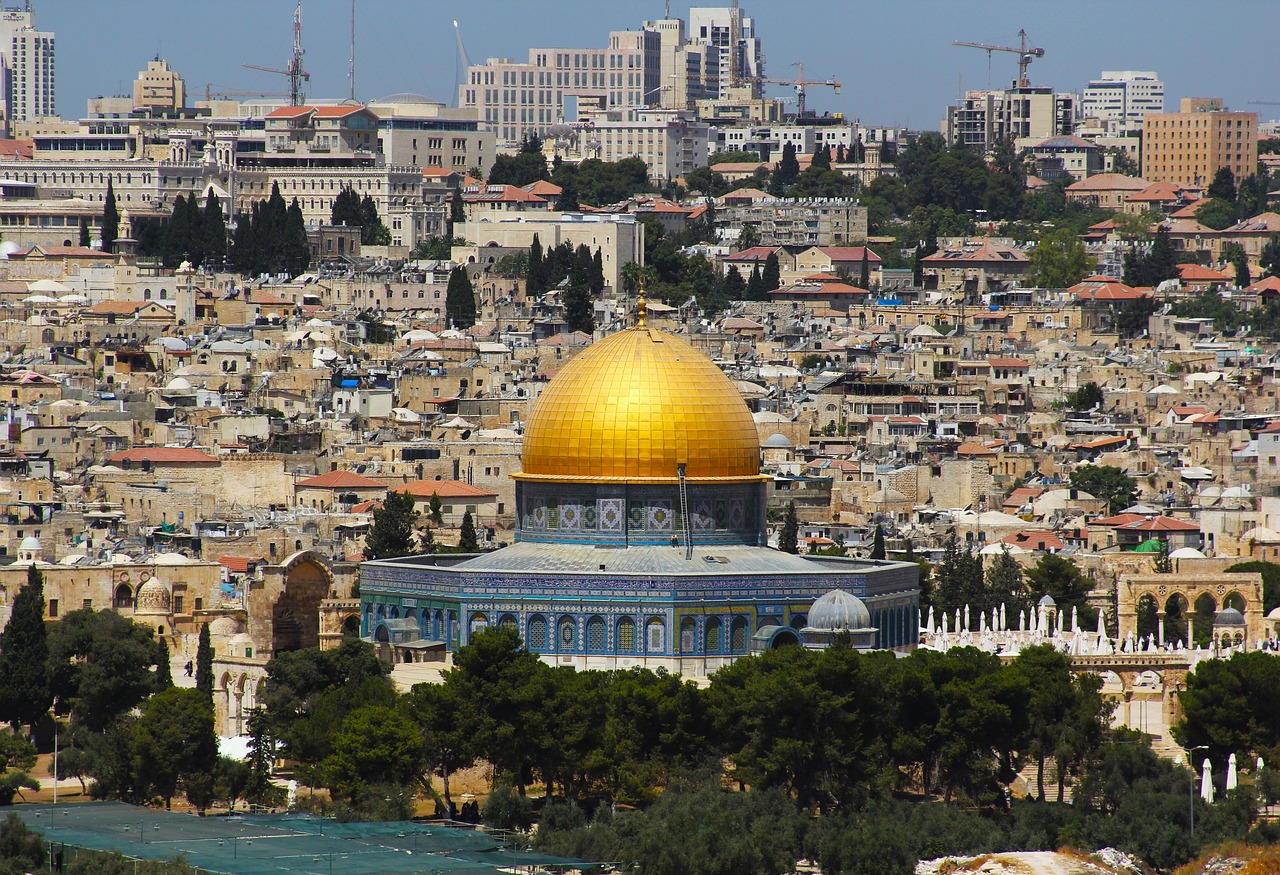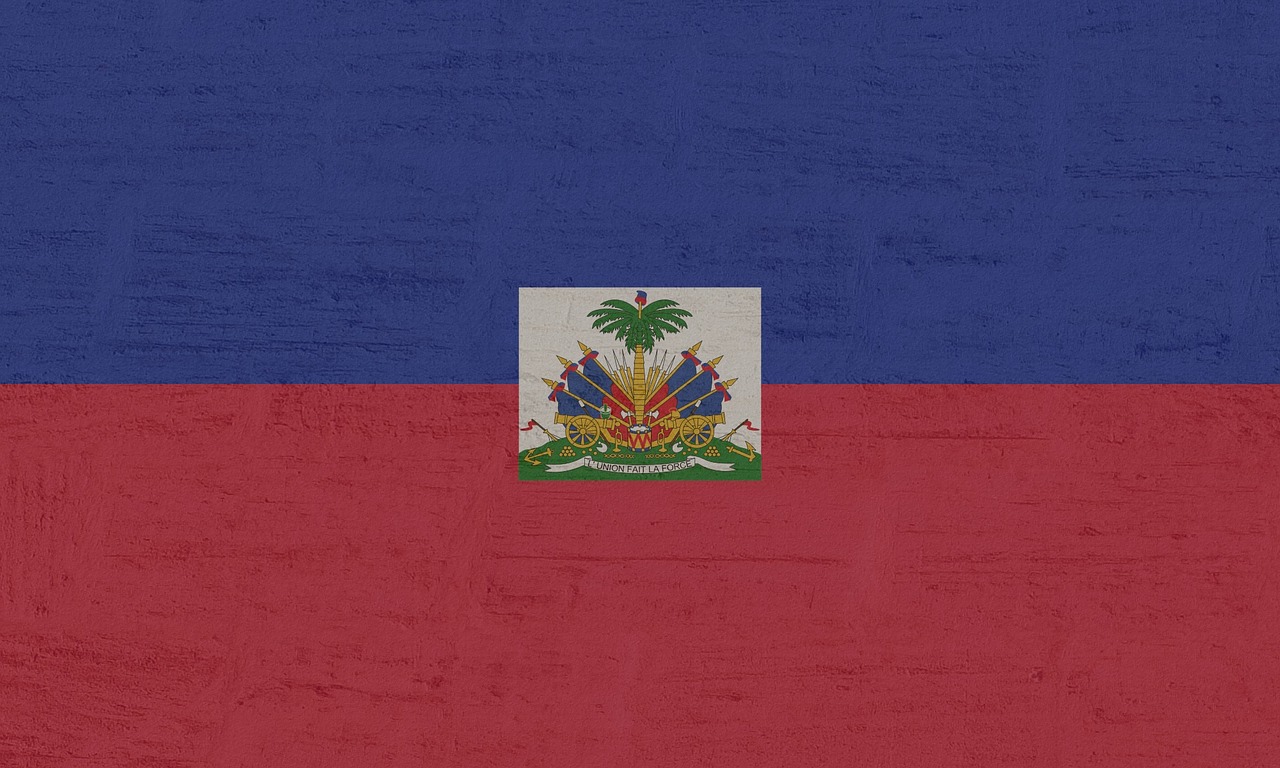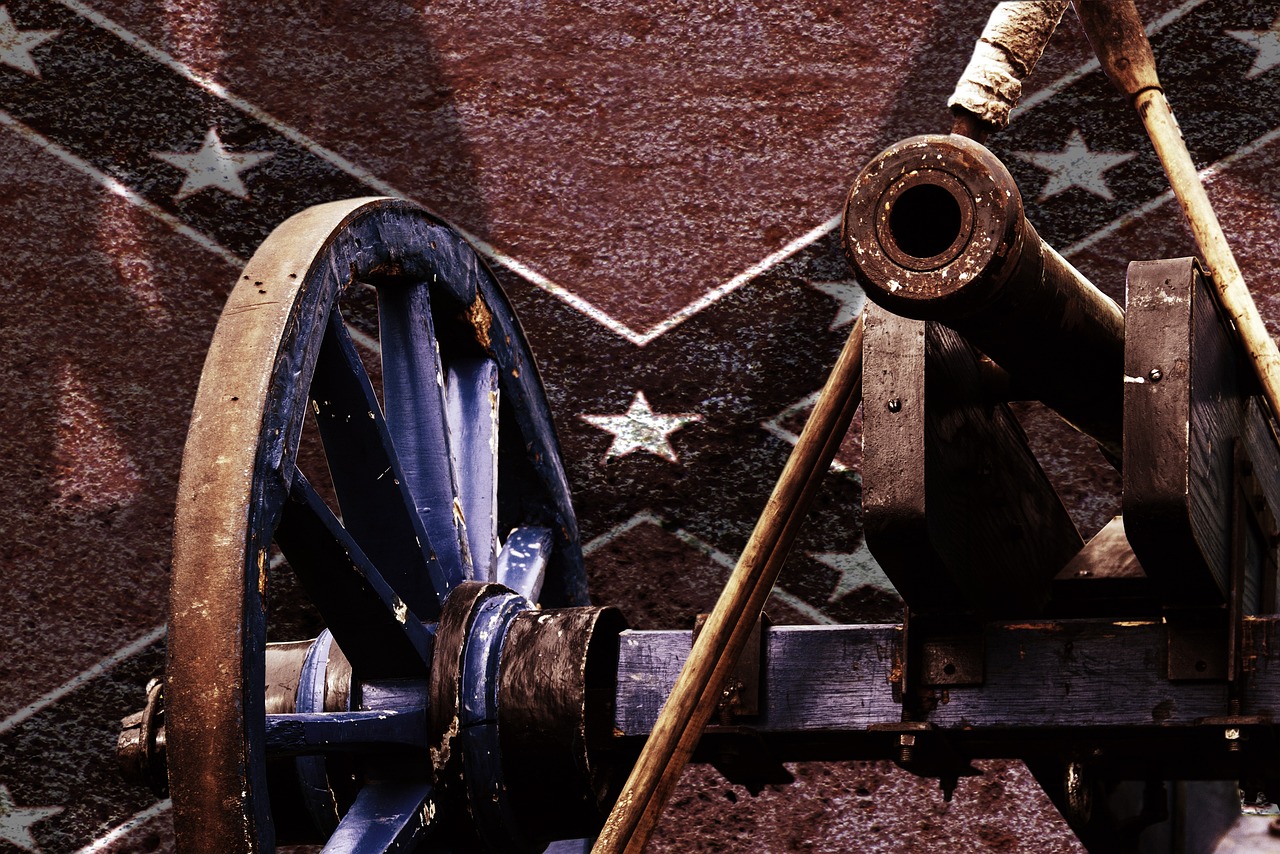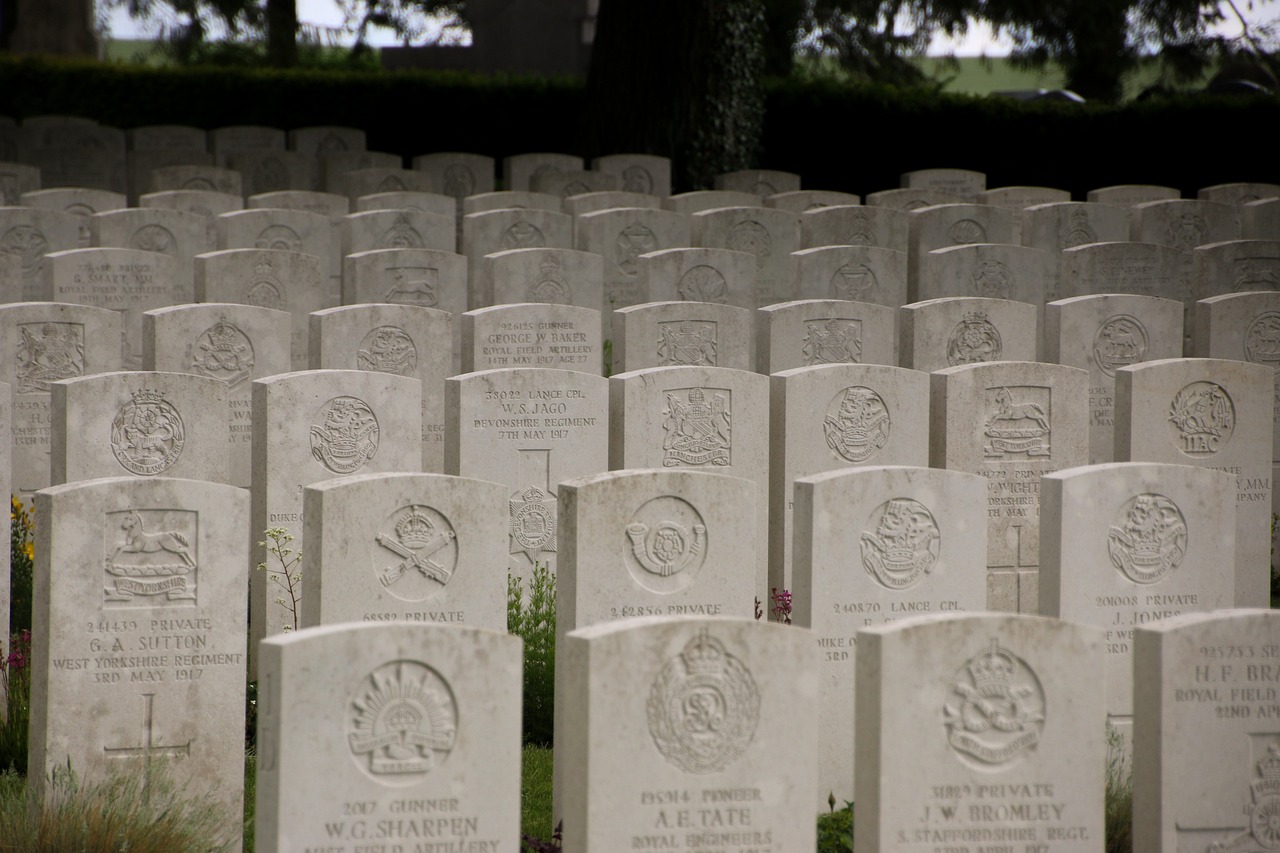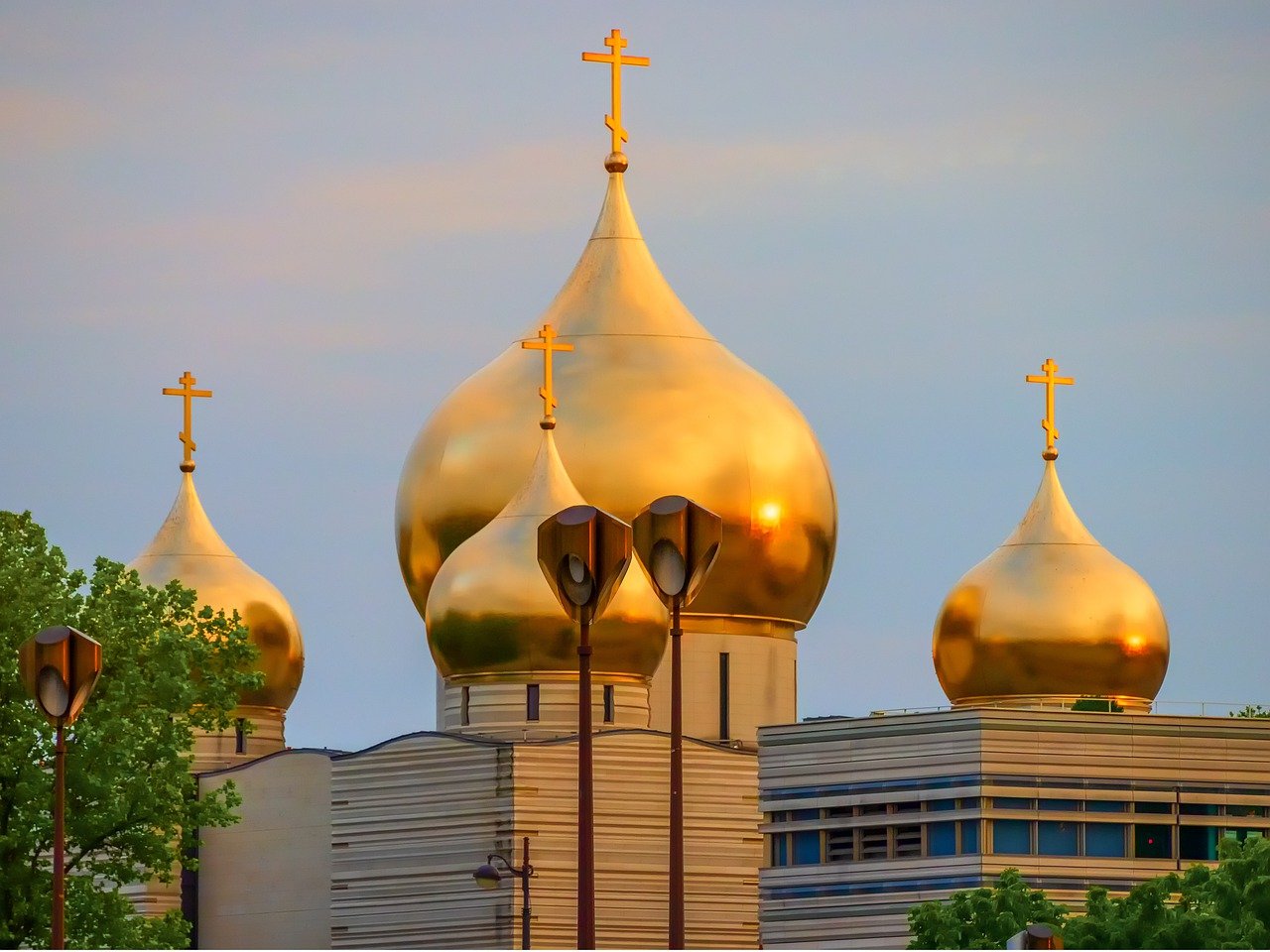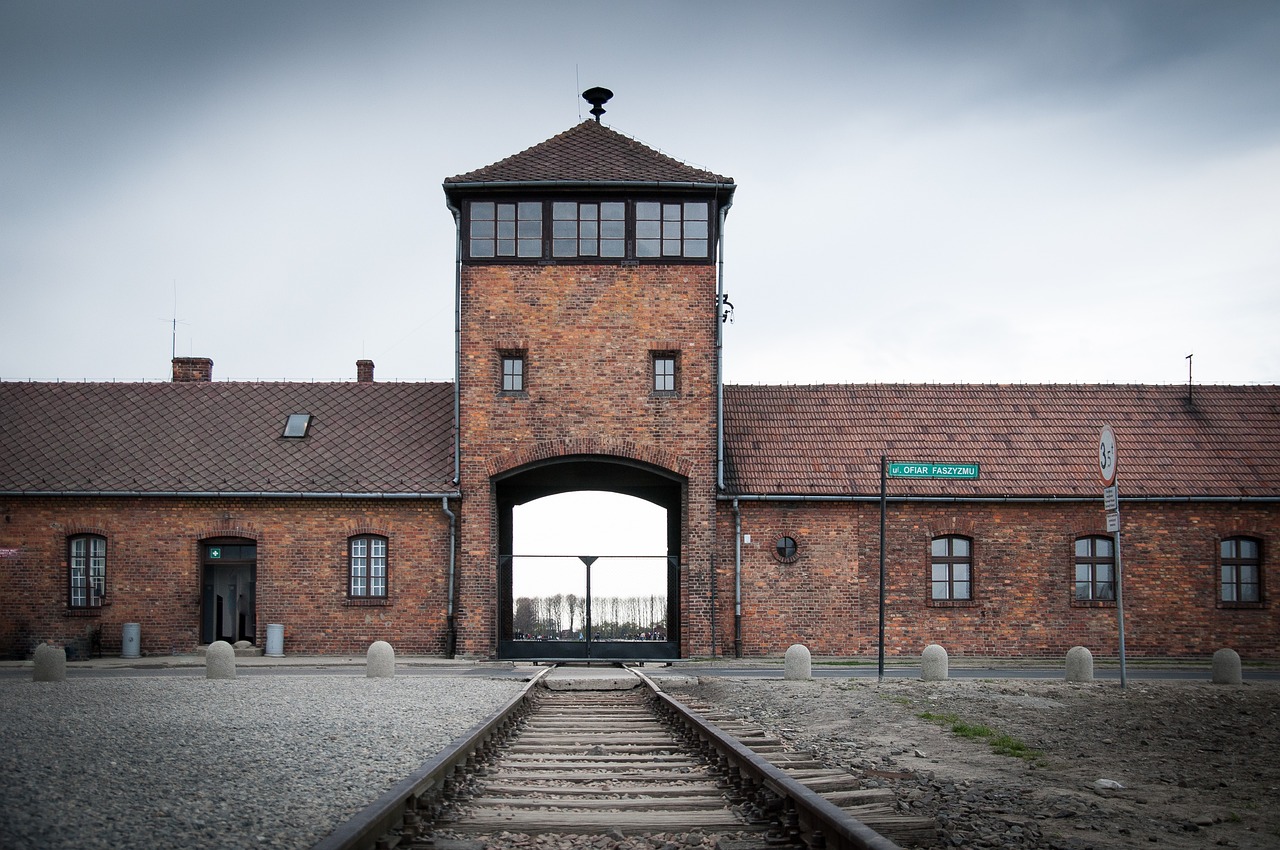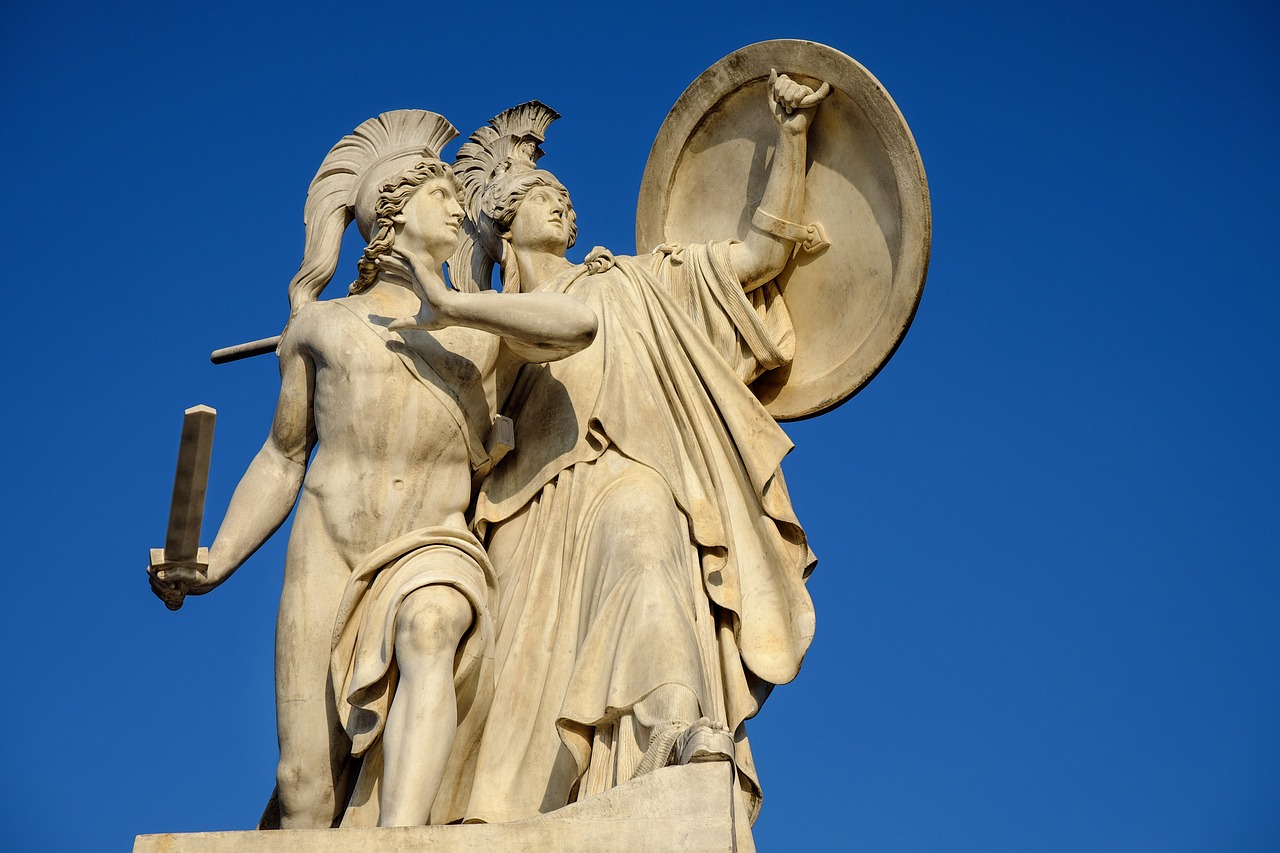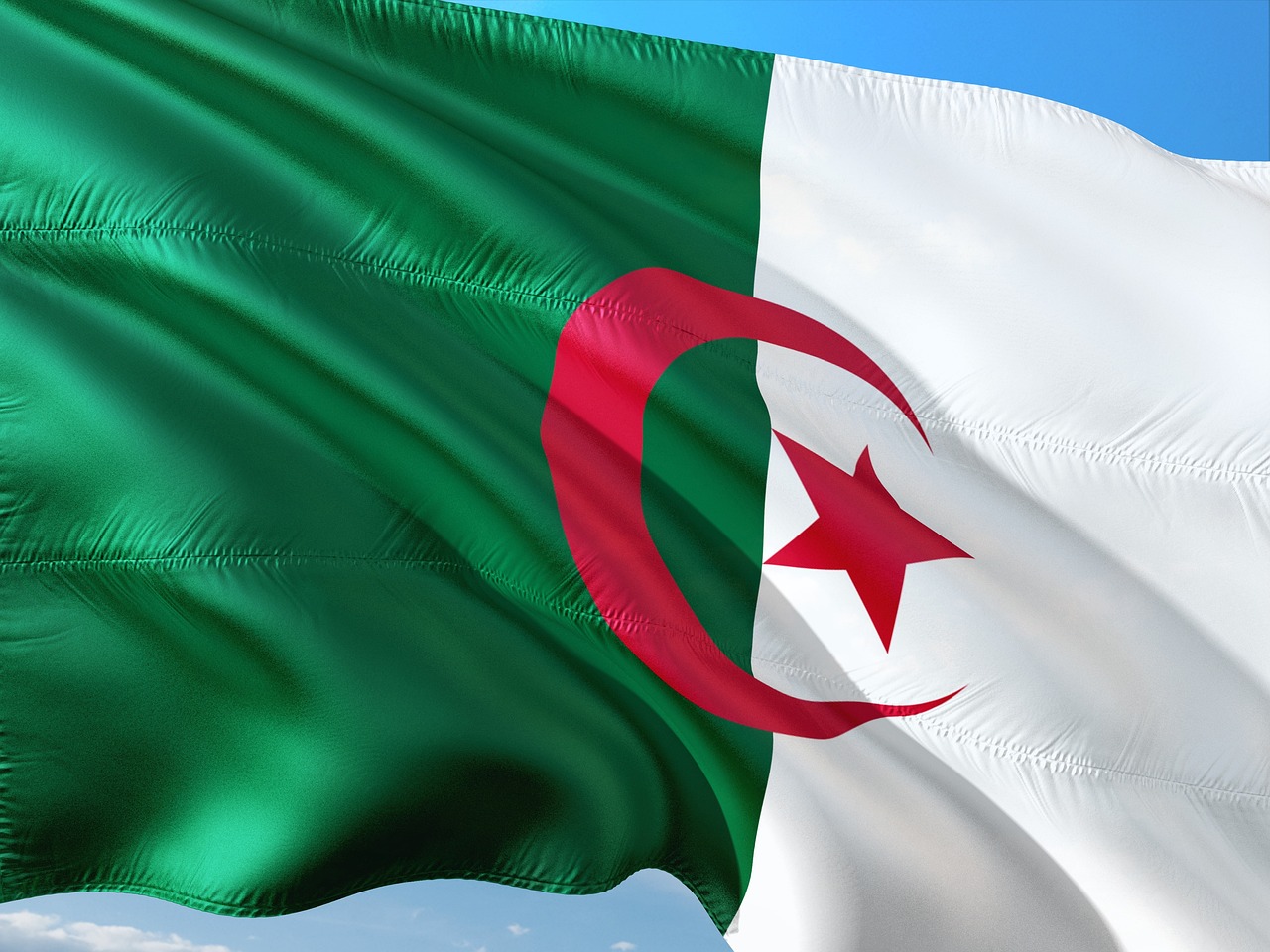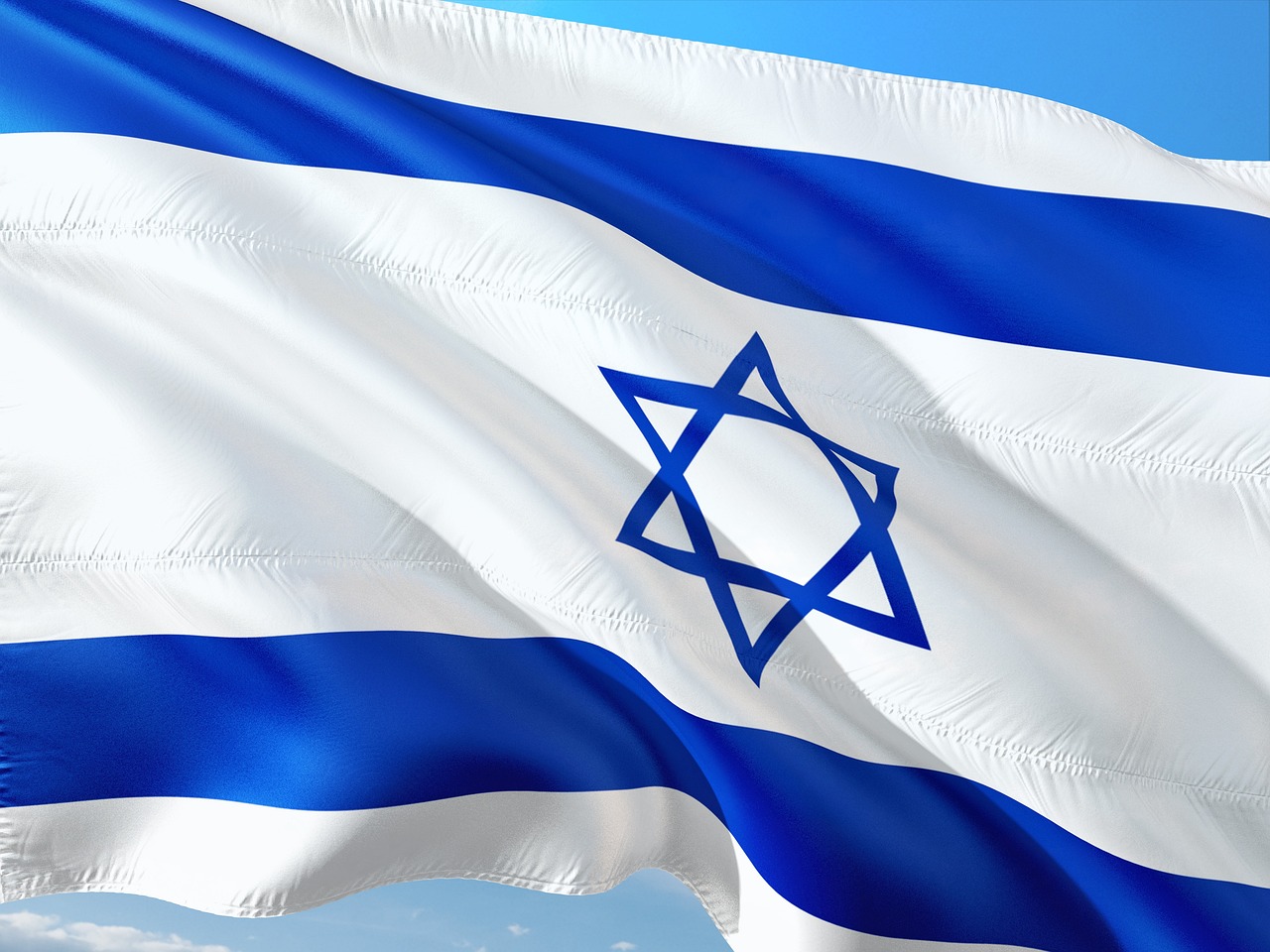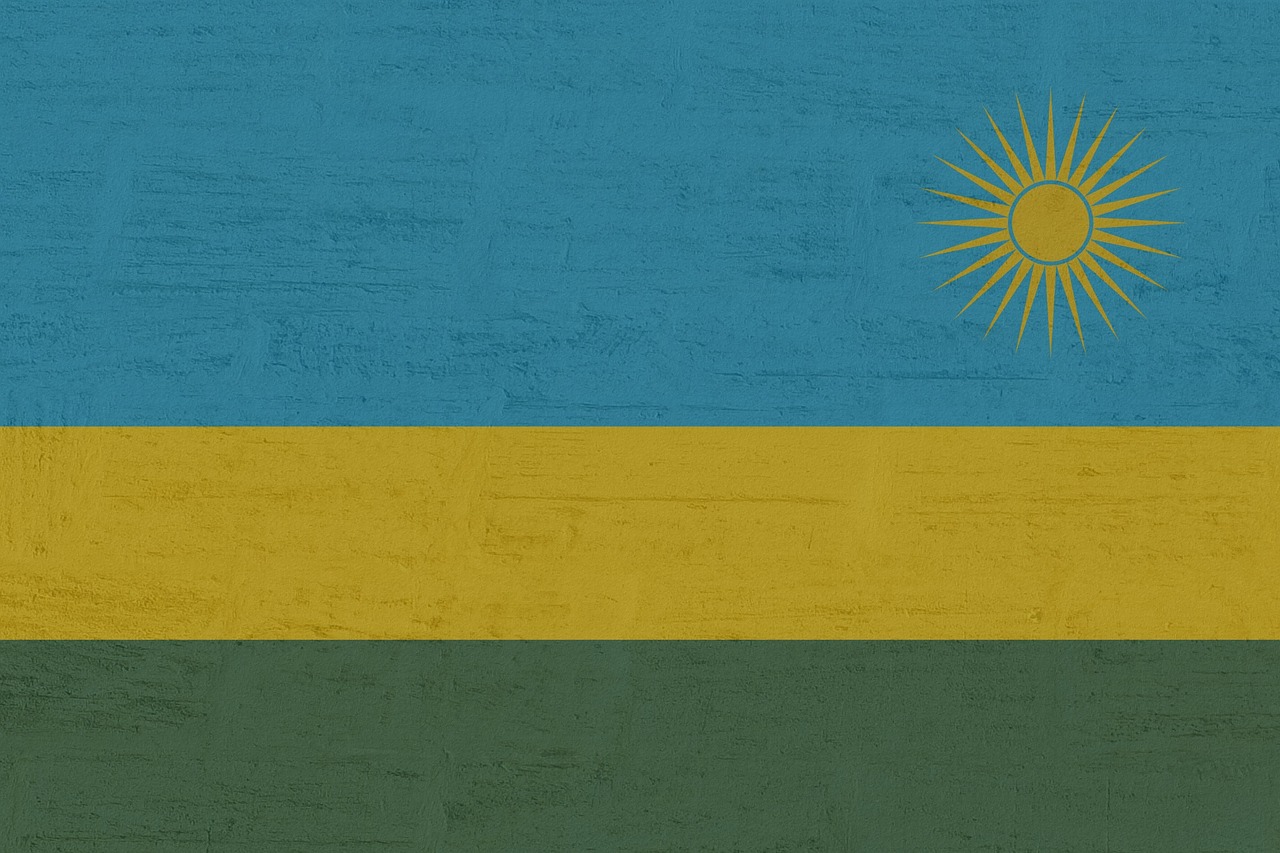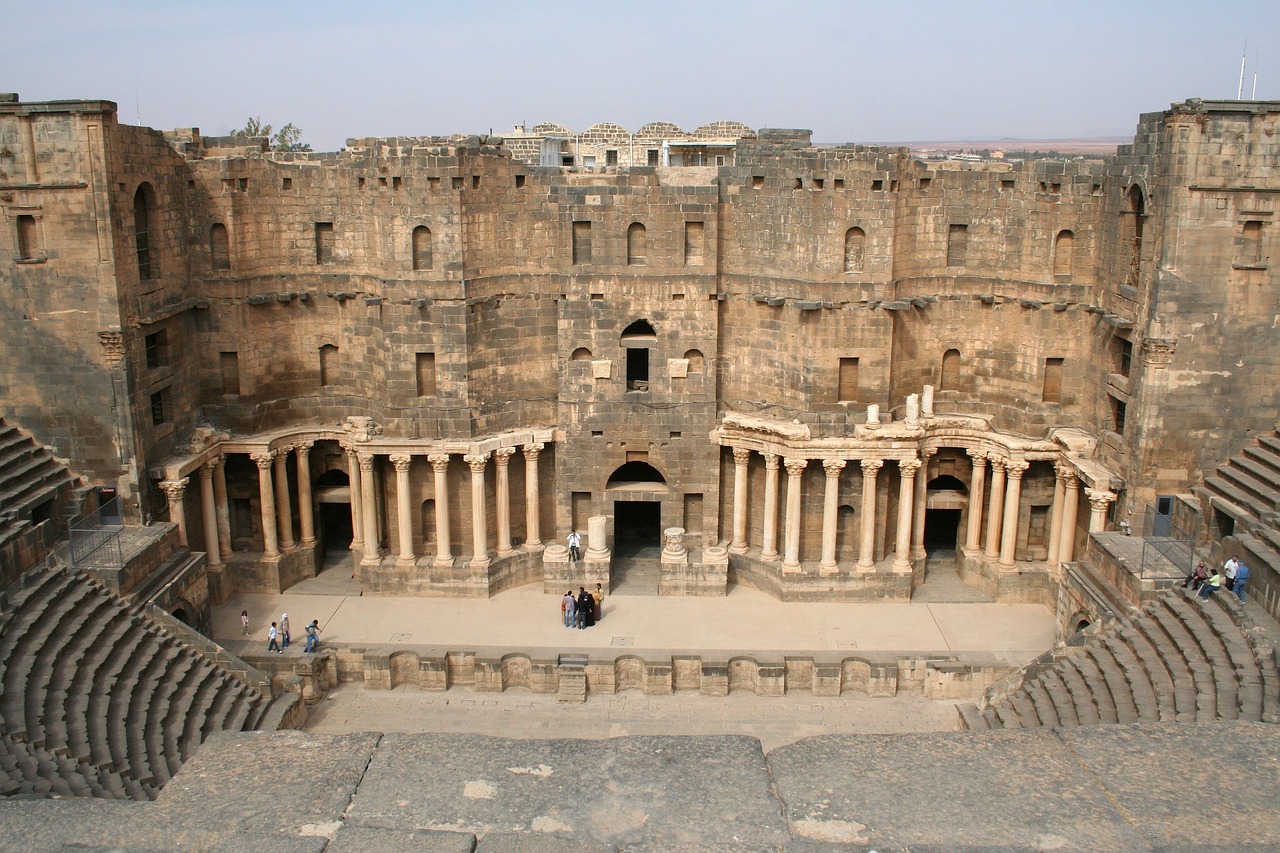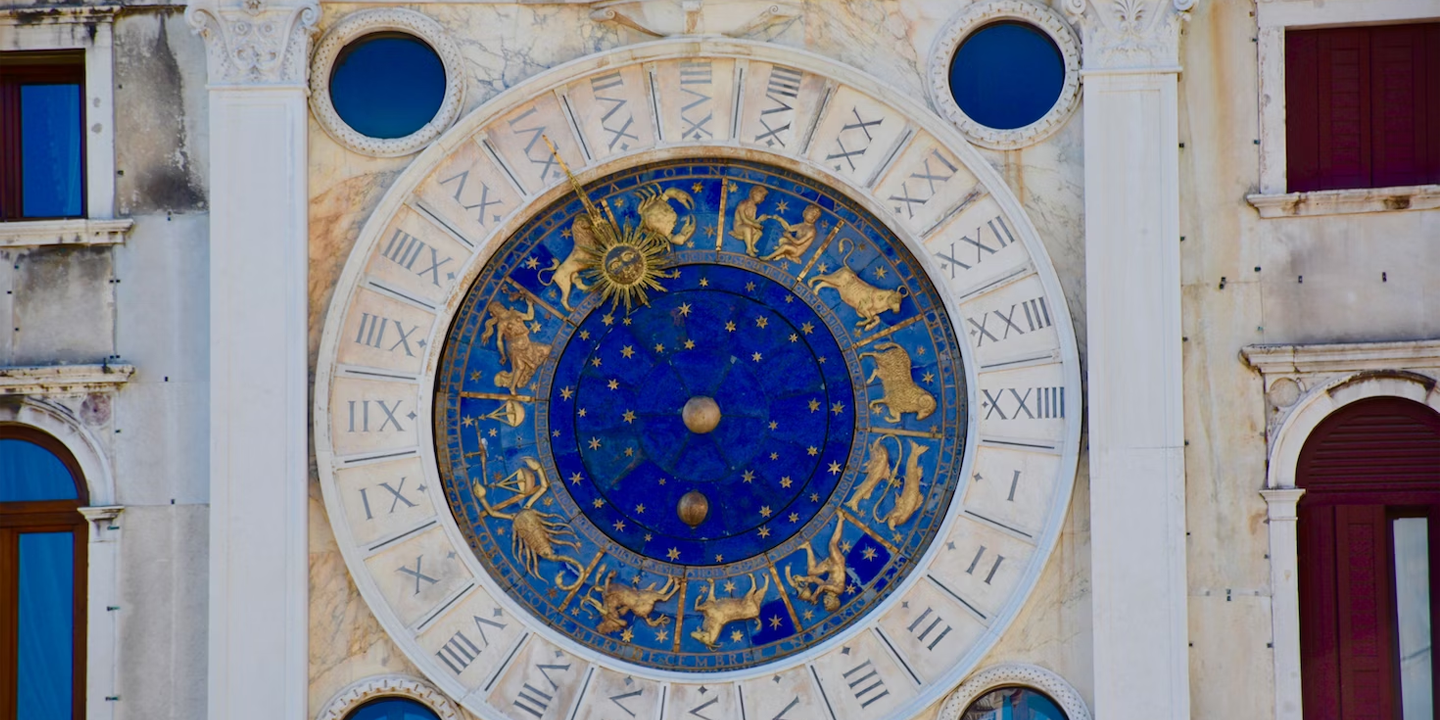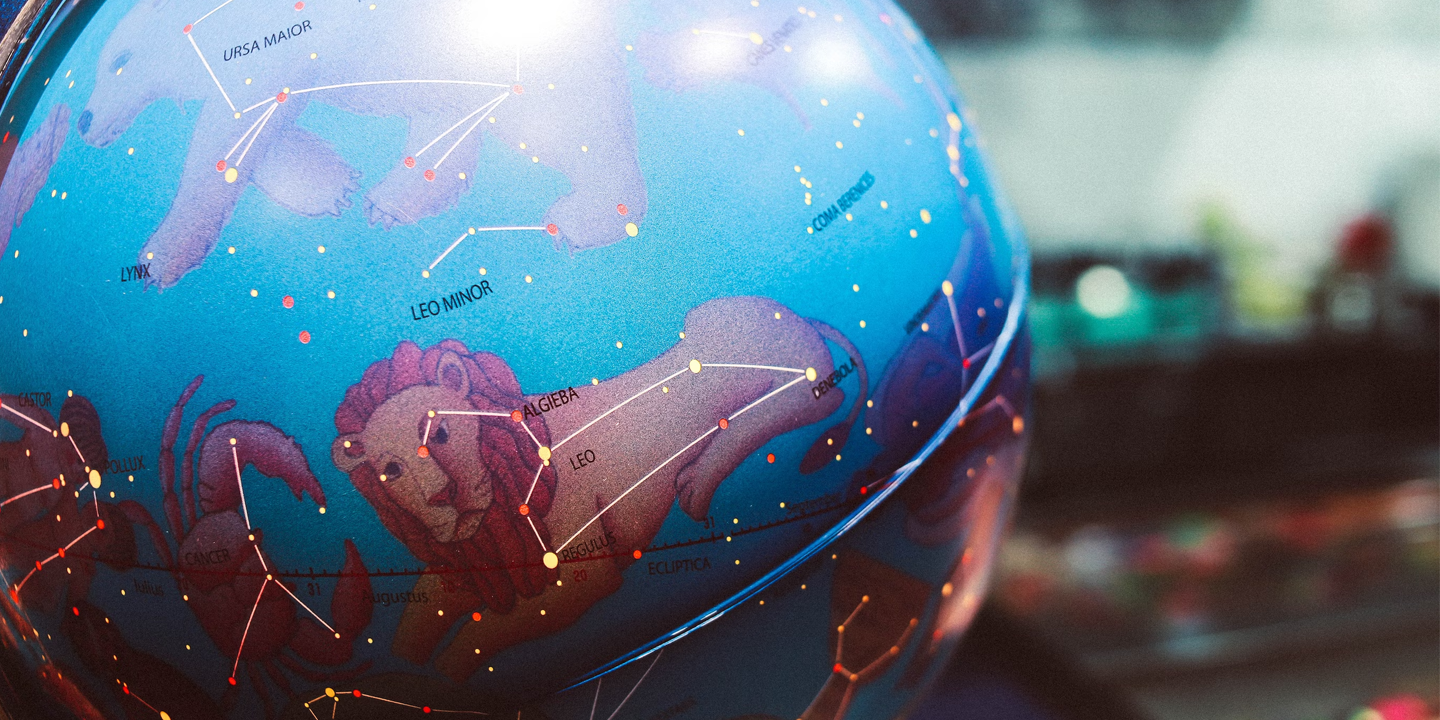In the vast tapestry of human history, wars, rebellions, and revolutions have played pivotal roles in shaping the political, social, and cultural landscapes of societies around the globe. From ancient conflicts that altered the course of empires to modern struggles that redefined national borders and ideologies, these events have left indelible marks on the world stage. This article delves into 35 such significant events, each a turning point that not only impacted the nations directly involved but also had far-reaching consequences on global history. Through this exploration, we gain insights into the complex interplay of power, ideology, and human resilience that have driven historical change across centuries.
1. The Peloponnesian War (431-404 BCE)
The Peloponnesian War, a titanic struggle between Athens and Sparta, reshaped the Ancient Greek world. It demonstrated the ferocity of regional power struggles and the fragility of democratic states in the face of authoritarian regimes. The war's end marked a significant shift in Greek politics and culture, leading to the eventual rise of Macedonian power under Alexander the Great.
2. The Punic Wars (264-146 BCE)
These three wars, fought between Rome and Carthage, were critical in establishing Rome's dominance in the Mediterranean. The most famous episode, Hannibal's crossing of the Alps, is a testament to the extraordinary military strategies employed. Rome's victory laid the groundwork for the Roman Empire and drastically altered the region's political landscape.
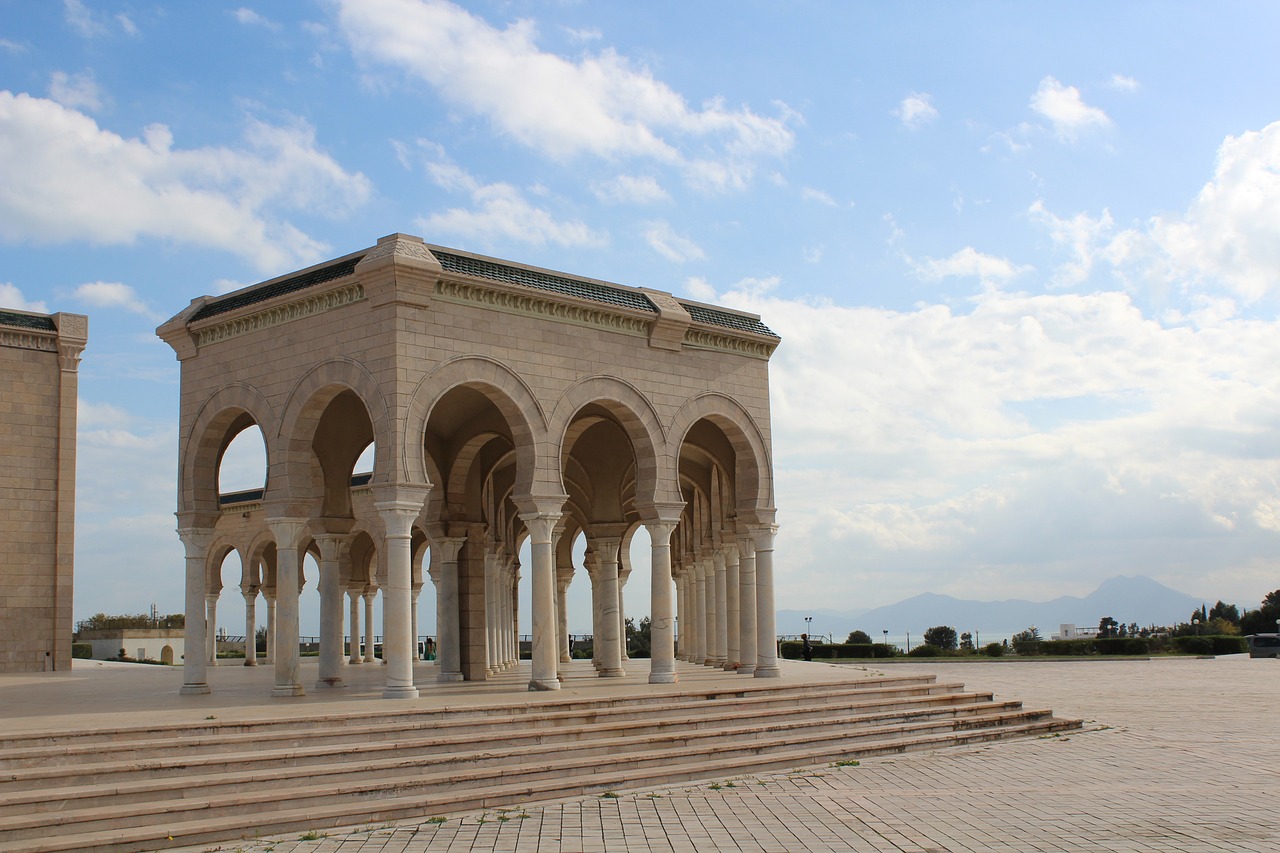 Image by Drahuška from Pixabay
Image by Drahuška from Pixabay
3. The Fall of the Roman Empire (5th Century CE)
Not a single war but a series of military losses and internal strife; this period marked the decline of the Roman Empire. It underscores the impact of military overreach, economic troubles, and external invasions on a superpower. The collapse triggered the onset of the Middle Ages in Europe.
4. The Crusades (1095-1291)
These religiously motivated campaigns had profound effects on Christian and Muslim societies. They resulted in significant cultural exchanges and power shifts in the Mediterranean. The Crusades also left a lasting legacy on interfaith relations, trade, and geopolitics in Europe and the Middle East.
5. The Hundred Years' War (1337-1453)
A series of conflicts between England and France, this war saw the rise of national identity and the decline of feudalism. It brought forth military innovations and led to the prominence of the longbow, changing warfare tactics. The war also paved the way for the Renaissance in Europe.
 Image by ErikaWittlieb from Pixabay
Image by ErikaWittlieb from Pixabay
6. The Spanish Conquest of the Aztec Empire (1519-1521)
Led by Hernán Cortés, this conquest dramatically altered the Americas' cultural and demographic landscapes. It exemplified the devastating impact of European colonization on indigenous civilizations and was pivotal in the spread of European influence in the New World.
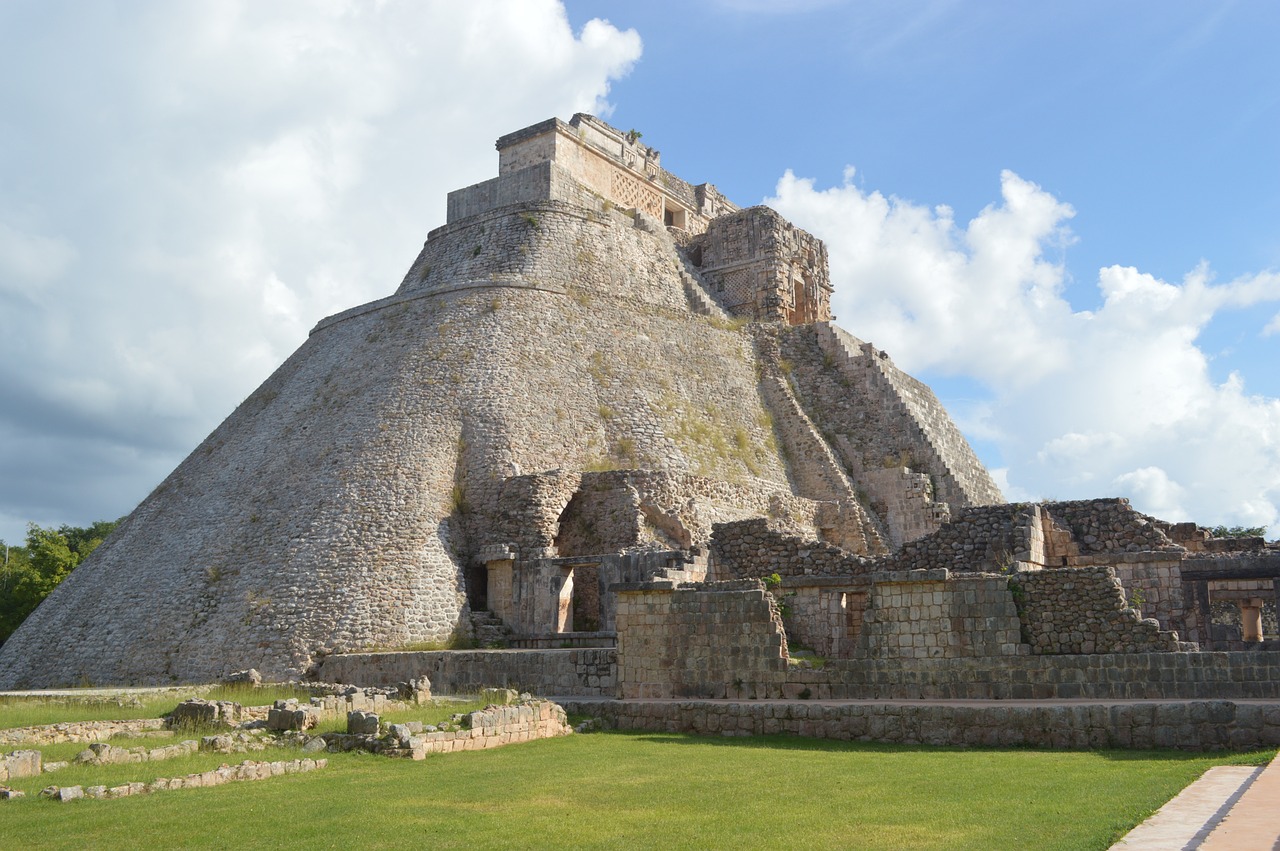 Image by Darvin Santos from Pixabay
Image by Darvin Santos from Pixabay
7. The Protestant Reformation (16th Century)
Initiated by Martin Luther, this was more a religious and cultural revolution than a war, yet it led to numerous religious conflicts across Europe. It reshaped Christianity, led to the rise of Protestantism, and significantly influenced European politics and society.
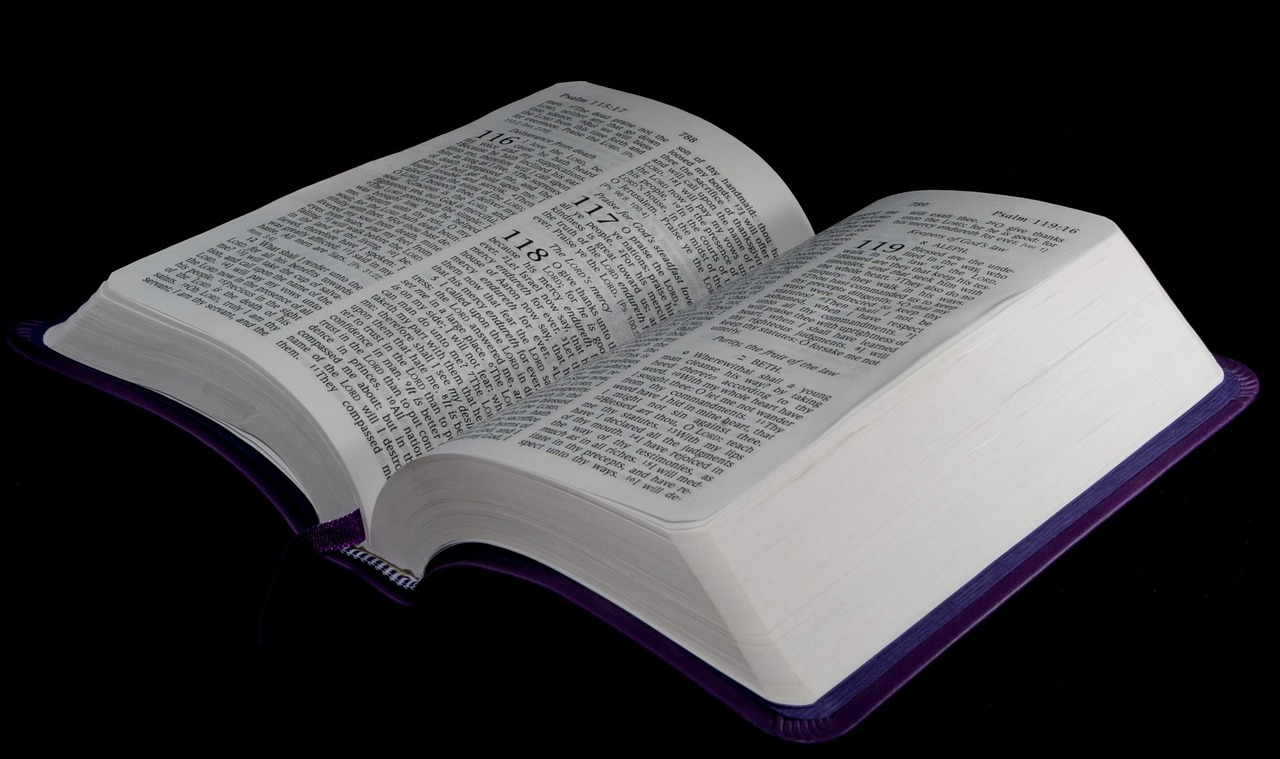 Image by PublicDomainPictures from Pixabay
Image by PublicDomainPictures from Pixabay
8. The Thirty Years' War (1618-1648)
A devastating conflict in Central Europe, primarily fought over religious freedom and territory, it resulted in massive casualties and economic ruin. This war reshaped European political boundaries and led to the Peace of Westphalia, which is often cited as the beginning of the modern state system.
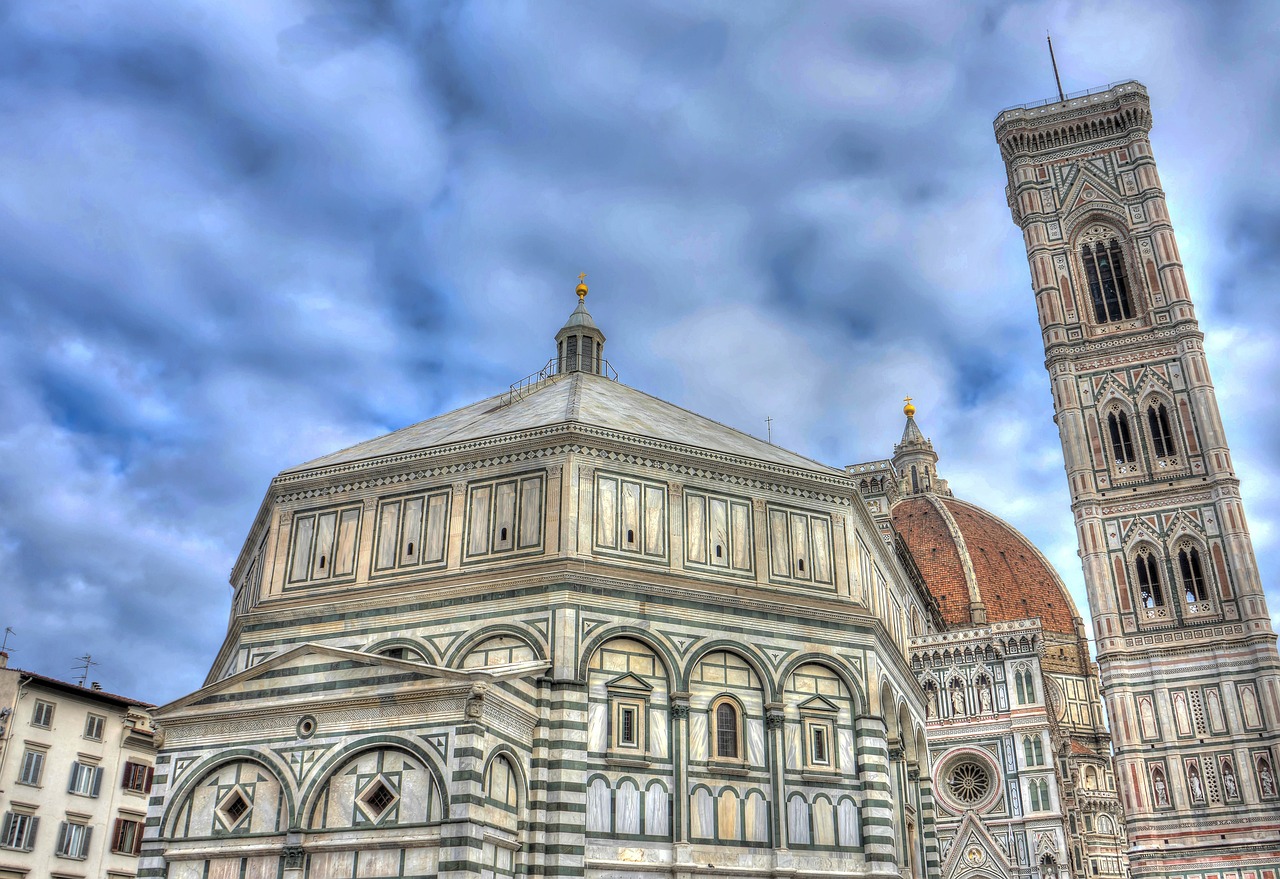 Image by Michelle Raponi from Pixabay
Image by Michelle Raponi from Pixabay
9. The English Civil War (1642-1651)
A conflict between the monarchy and Parliament, this war led to the temporary overthrow of the monarchy and the establishment of a commonwealth. It was significant for the development of constitutional monarchy and parliamentary democracy in England.
 Image by PublicDomainPictures from Pixabay
Image by PublicDomainPictures from Pixabay
10. The American Revolution (1775-1783)
The struggle for independence from British rule by the Thirteen Colonies laid the foundation for the United States. This revolution was significant for its ideas of democracy and liberty, influencing many other subsequent national movements.
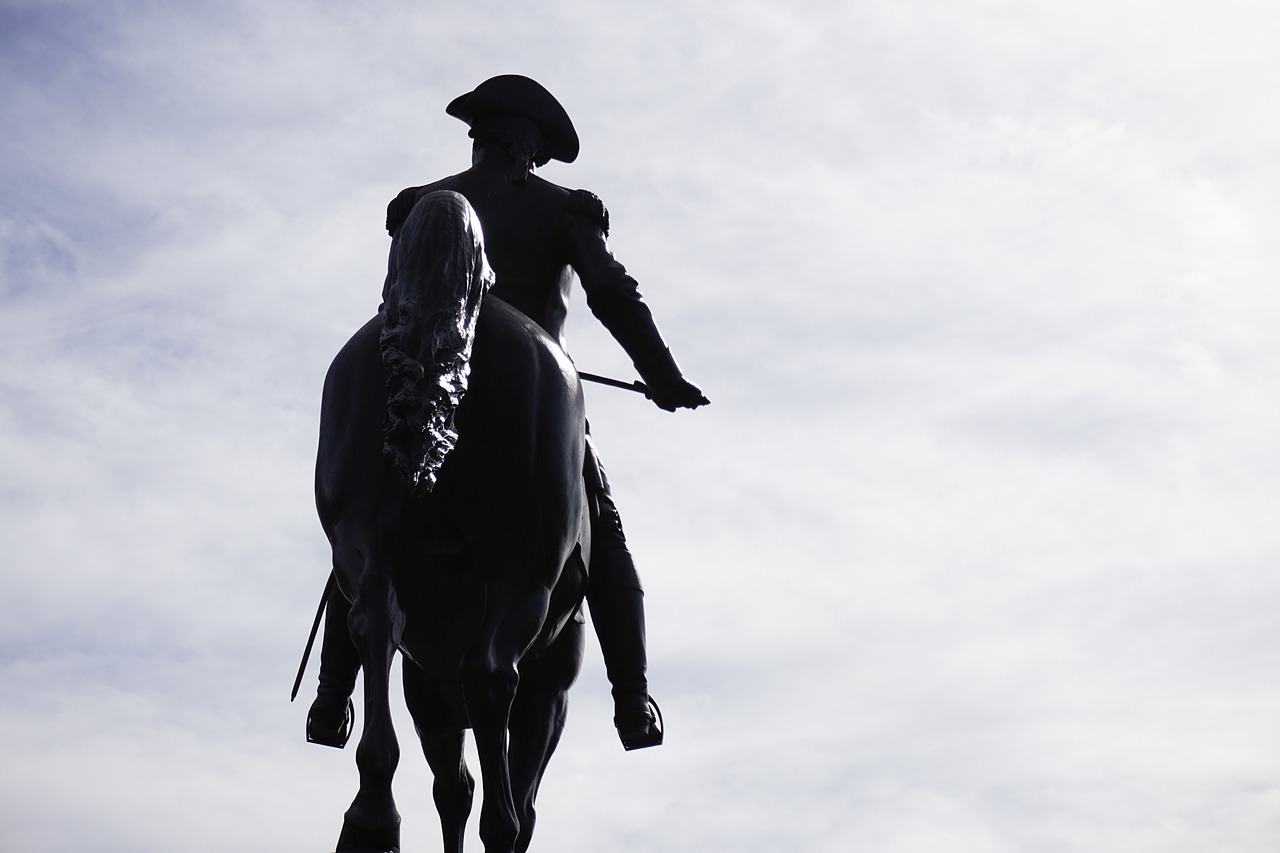 Image by Brian Fakhoury from Pixabay
Image by Brian Fakhoury from Pixabay
11. The French Revolution (1789-1799)
A period of radical social and political upheaval in France, it profoundly impacted modern political culture. Its principles of liberty, equality, and fraternity influenced revolutions worldwide and laid the foundation for modern republicanism.
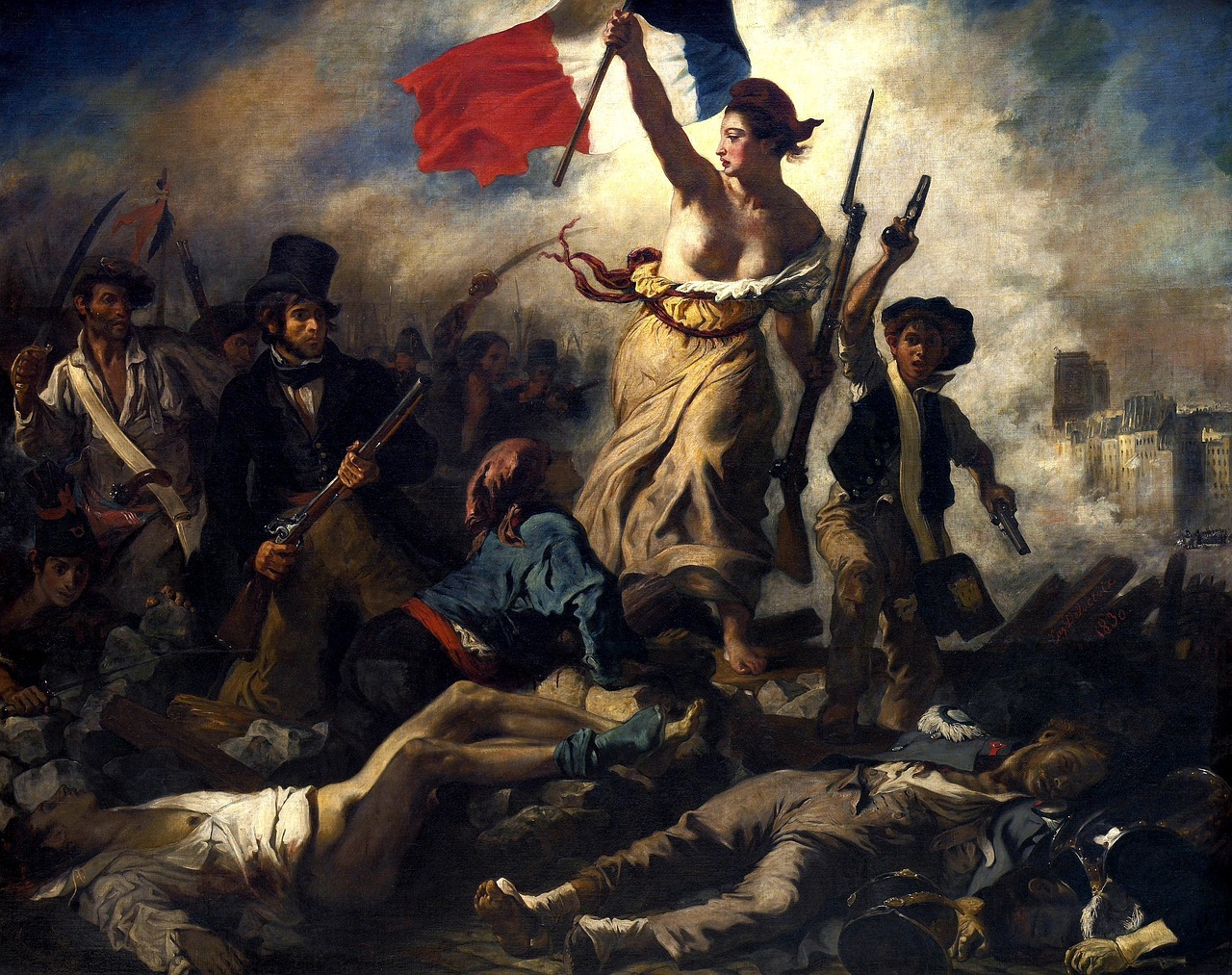 Image by WikiImages from Pixabay
Image by WikiImages from Pixabay
12. The Haitian Revolution (1791-1804)
The only successful slave revolt in history, it led to the establishment of Haiti as the first black republic. This revolution had a significant impact on the abolitionist movements and the geopolitics of the Americas.
13. The Napoleonic Wars (1803-1815)
Led by Napoleon Bonaparte, these wars reshaped the European political landscape, leading to the downfall of many monarchies and the spread of revolutionary ideals. They also brought significant military and cultural changes to Europe.
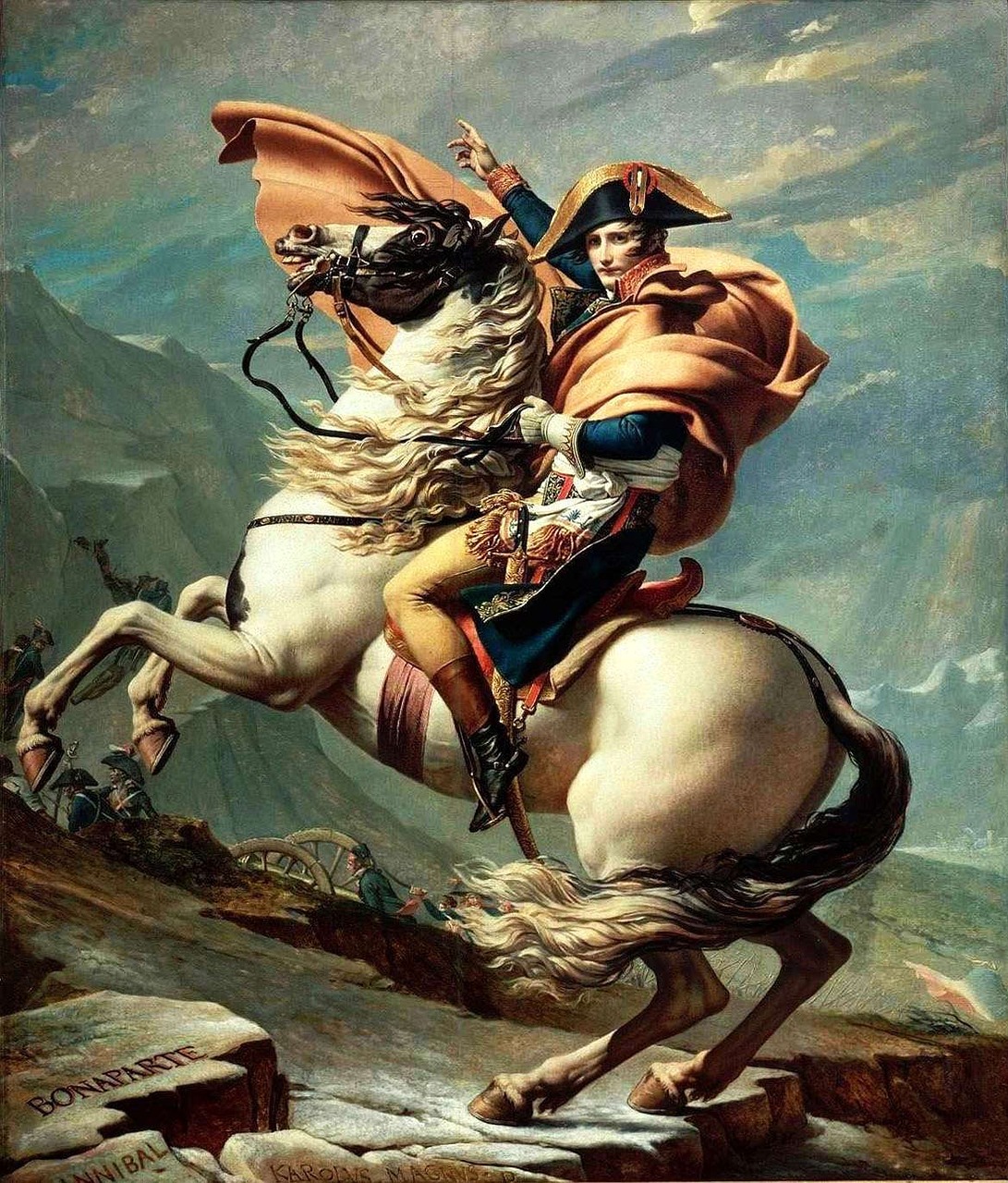 Image by WikiImages from Pixabay
Image by WikiImages from Pixabay
14. The American Civil War (1861-1865)
A defining moment in American history, it determined the survival of the United States as a unified nation. The war ended slavery and had significant implications for racial relations and national identity in the U.S.
15. World War I (1914-1918)
Known as the "Great War," it was one of the deadliest conflicts in history and dramatically changed the global political order. It led to the fall of empires, redrew national boundaries, and set the stage for World War II.
16. The Russian Revolution (1917)
This revolution led to the fall of the Russian Empire and the rise of the Soviet Union. It profoundly influenced global politics and was a pivotal event in the history of socialism and communism.
17. World War II (1939-1945)
The most widespread and deadliest war in history, it resulted in enormous human suffering and significant changes in the world order. The war led to the emergence of the United States and the Soviet Union as superpowers and the beginning of the Cold War.
18. The Chinese Civil War (1927-1950)
A conflict between the Chinese Nationalist Party and the Communist Party of China, it led to the establishment of the People's Republic of China. This war had a significant impact on the political landscape of East Asia and the global balance of power.
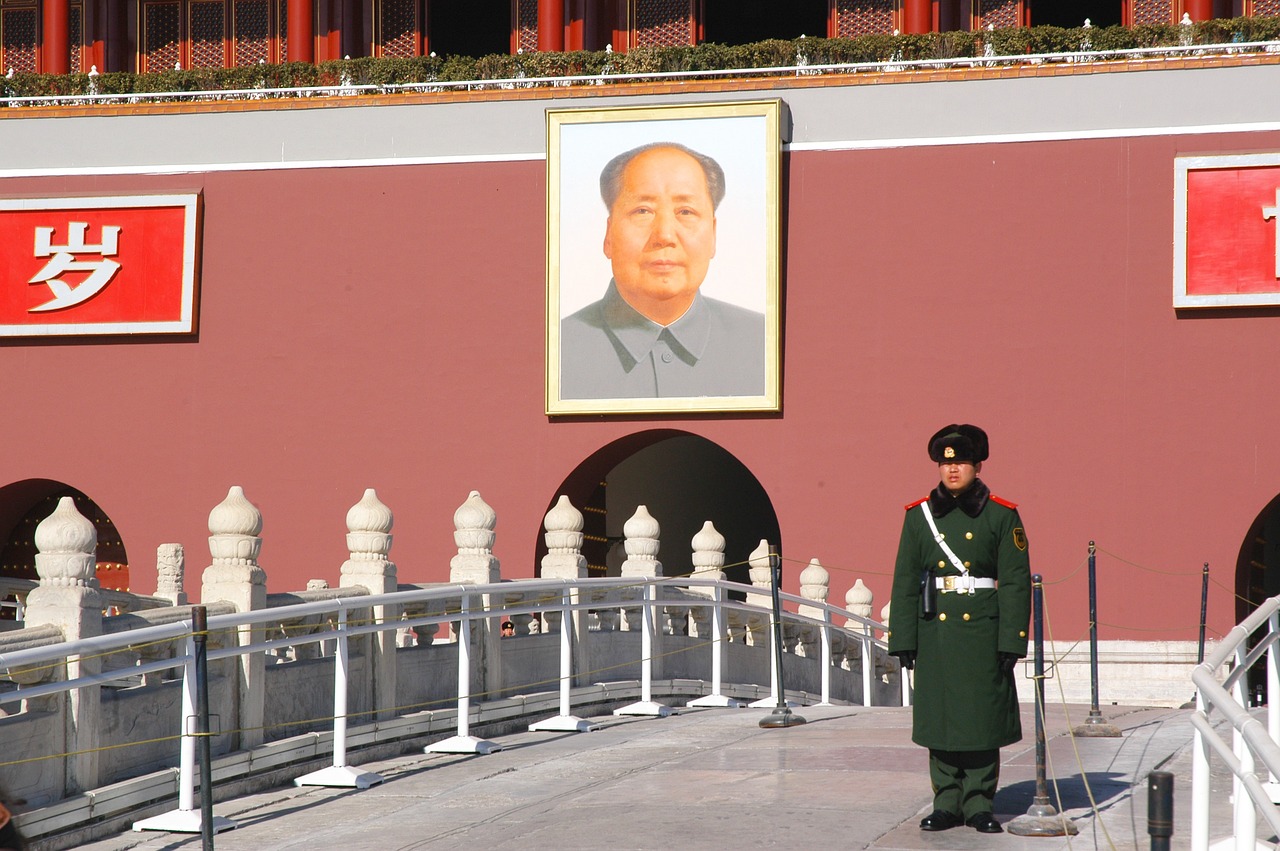 Image by PublicDomainPictures from Pixabay
Image by PublicDomainPictures from Pixabay
19. The Cuban Revolution (1953-1959)
Led by Fidel Castro, this revolution resulted in the overthrow of the Batista regime and the establishment of a socialist state. It had a profound impact on the Cold War dynamics and U.S.-Latin American relations.
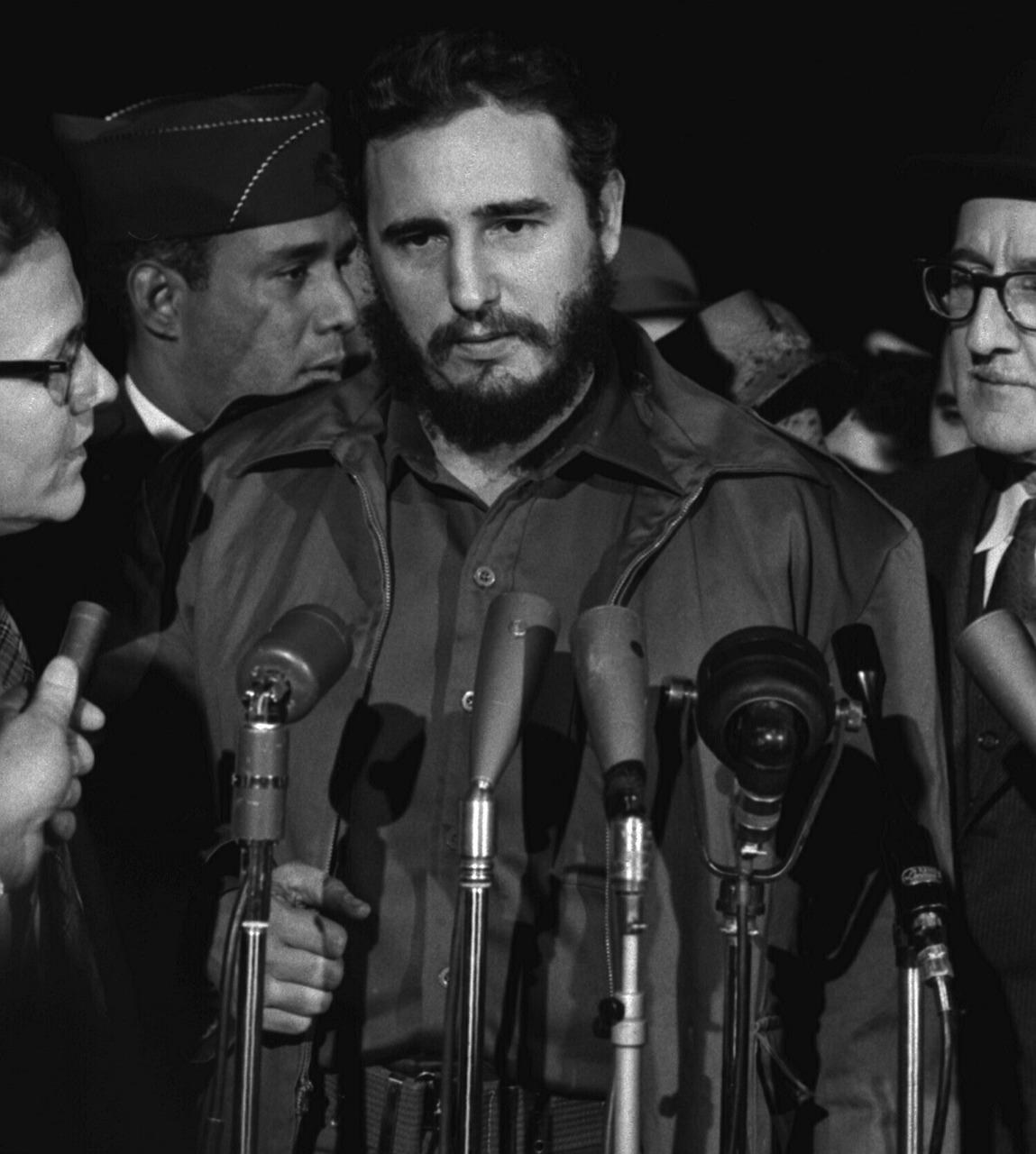 Image by WikiImages from Pixabay
Image by WikiImages from Pixabay
20. The Iranian Revolution (1979)
This revolution transformed Iran from a monarchy under Shah Mohammad Reza Pahlavi to an Islamic republic under Ayatollah Khomeini. It had significant impacts on the geopolitics of the Middle East and the global energy market.
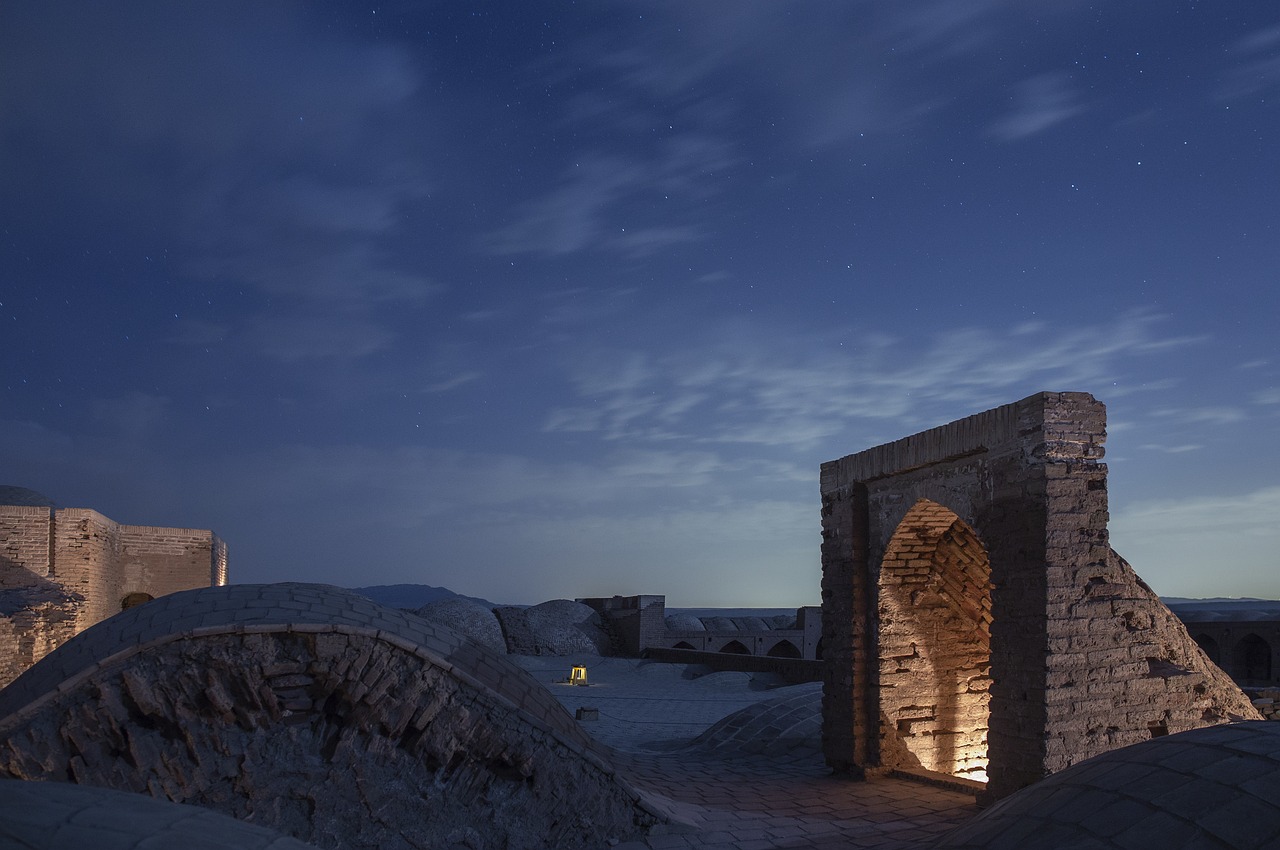 Image by mostafa meraji from Pixabay
Image by mostafa meraji from Pixabay
21. The Vietnam War (1955-1975)
A prolonged conflict in Southeast Asia, this war saw North Vietnam and its southern allies, the Viet Cong, fighting against South Vietnam and its principal ally, the United States. The war had significant impacts on American domestic politics and marked a pivotal moment in Cold War geopolitics, influencing global perceptions of U.S. foreign policy.
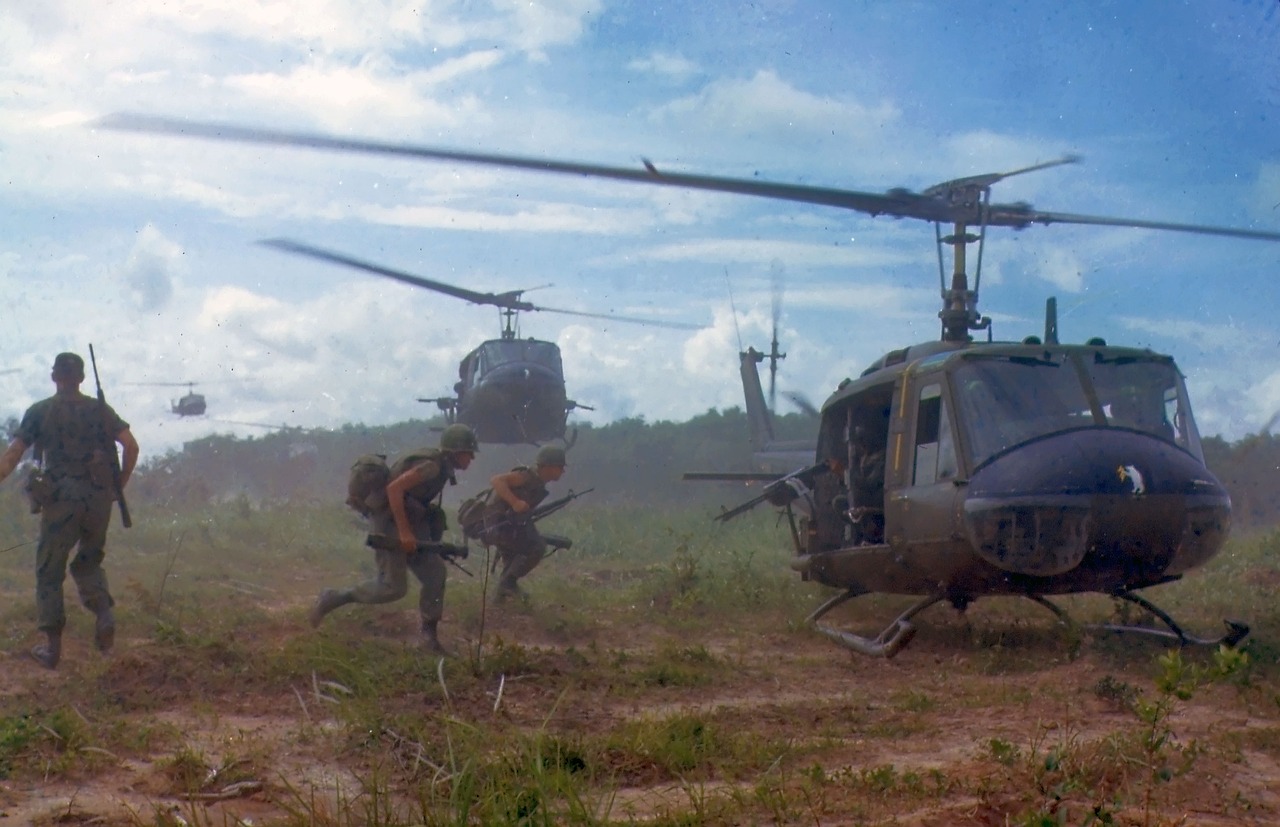 Image by Welcome to all and thank you for your visit ! ツ from Pixabay
Image by Welcome to all and thank you for your visit ! ツ from Pixabay
22. The Korean War (1950-1953)
This war between North and South Korea had major implications for the Cold War era, drawing in the United States and China. It resulted in the Korean Peninsula's division into two distinct sovereign states, a division that continues to affect global politics.
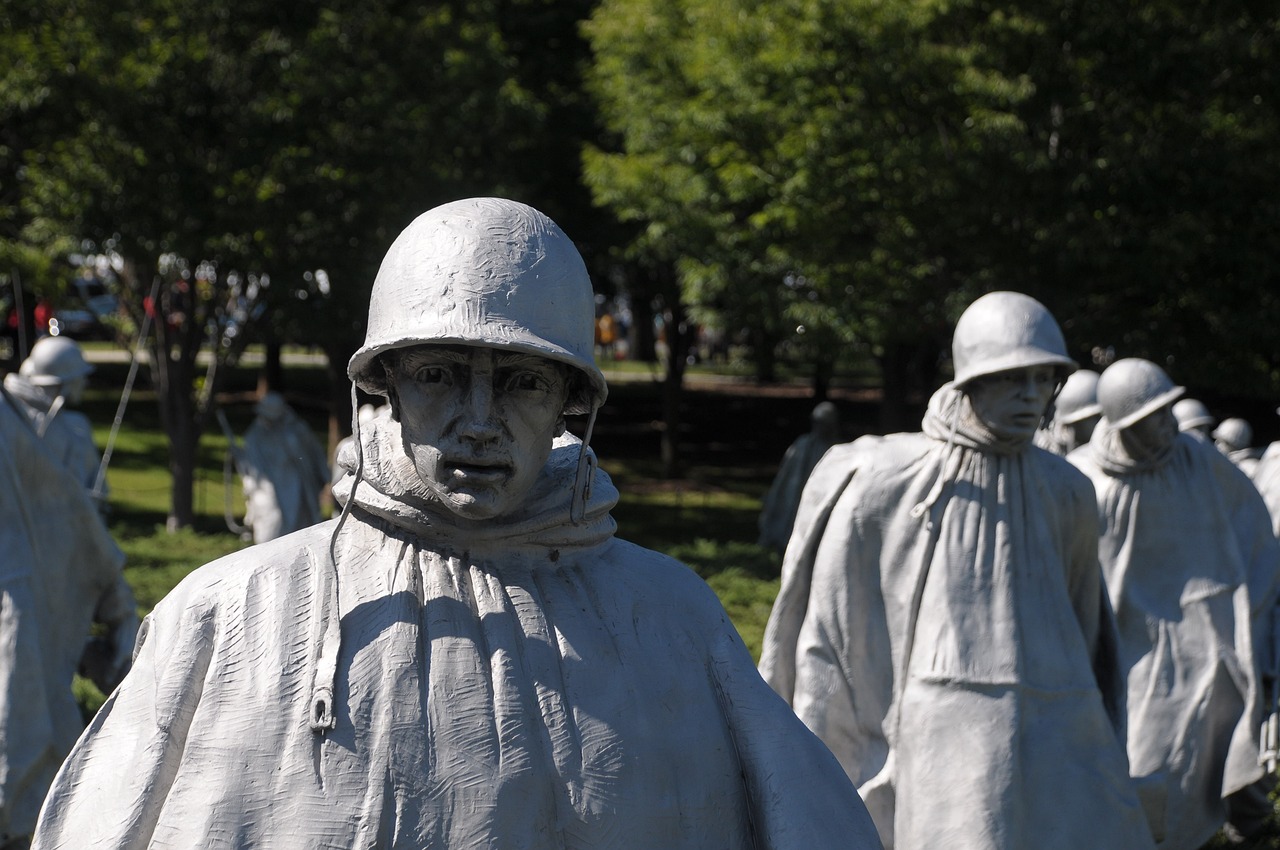 Image by egrivel2 from Pixabay
Image by egrivel2 from Pixabay
23. The Spanish Civil War (1936-1939)
This conflict, a prelude to World War II, was marked by ideological struggle between fascism, represented by Francisco Franco, and republicanism. It drew international attention, with volunteers from various countries participating, and influenced the course of European politics in the lead-up to World War II.
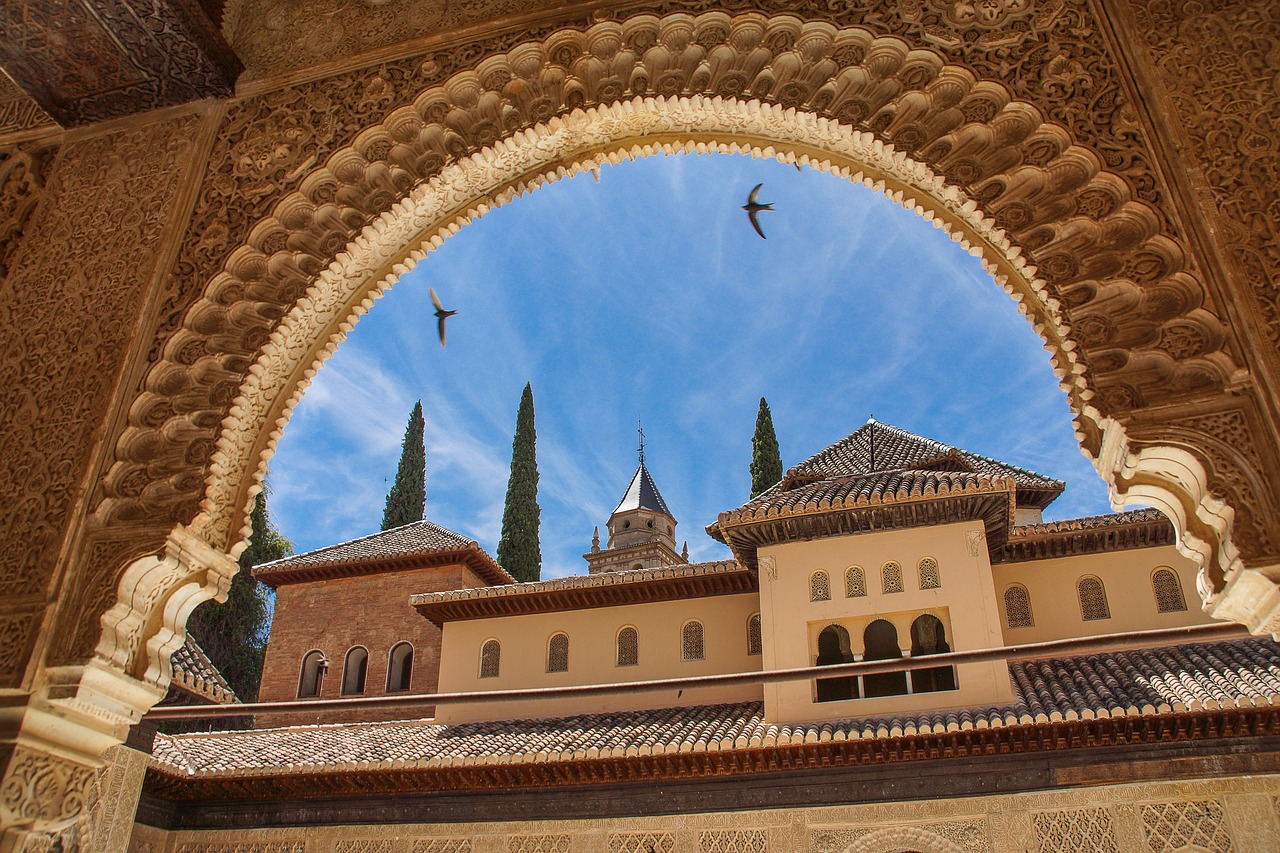 Image by Frank Nürnberger from Pixabay
Image by Frank Nürnberger from Pixabay
24. The Boer Wars (1880-1881; 1899-1902)
Fought between the British Empire and the Boers of the Transvaal and Orange Free State, these wars were significant in the history of South Africa. They saw the use of guerrilla warfare tactics and had lasting effects on the region, ultimately leading to the Union of South Africa.
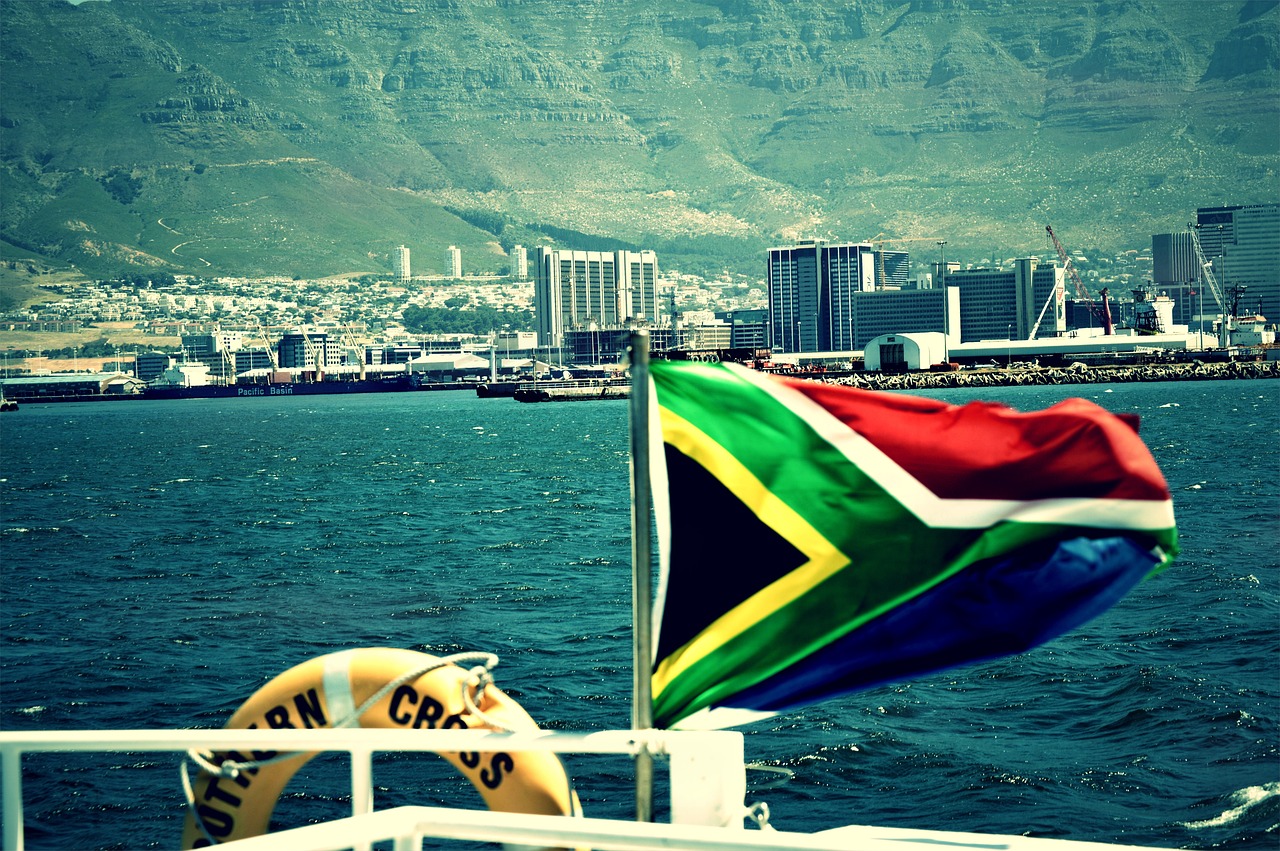 Image by Barend Lotter from Pixabay
Image by Barend Lotter from Pixabay
25. The Balkan Wars (1912-1913)
These wars were fought over the remains of the Ottoman Empire's European territories and significantly altered the political landscape of the Balkans. They prefigured the complexities of World War I and contributed to the tensions that sparked it.
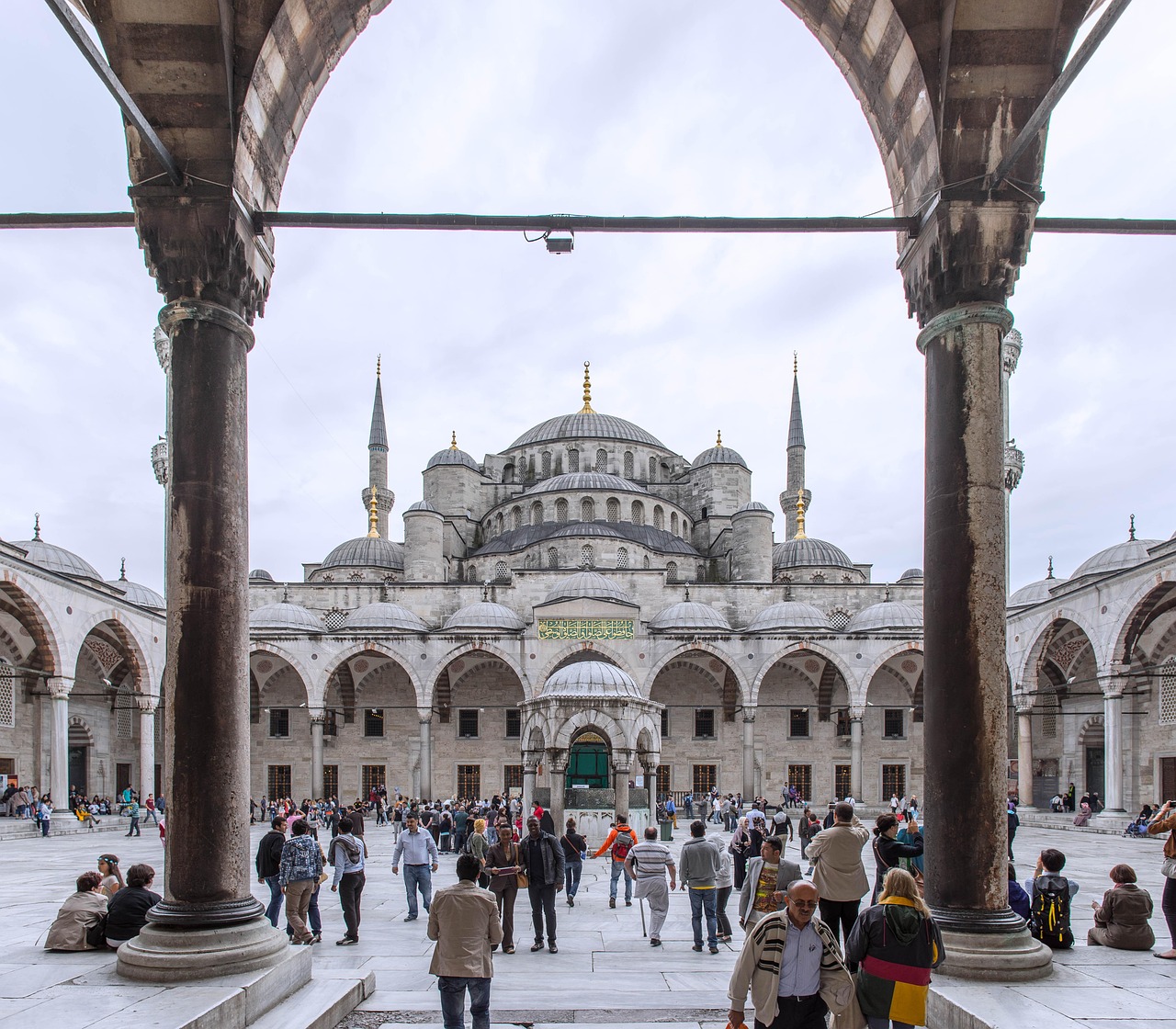 Image by Кирилл Соболев from Pixabay
Image by Кирилл Соболев from Pixabay
26. The Mexican Revolution (1910-1920)
A complex and multifaceted civil war, this revolution dramatically transformed Mexican culture and government. It resulted in major constitutional reforms and is considered a significant event in Mexican history.
27. The Seven Years' War (1756-1763)
Often described as the first "world war," this conflict involved most of the great powers of the time and affected Europe, North America, Central America, the West African coast, India, and the Philippines. The war reshaped the colonial and European political scenarios.
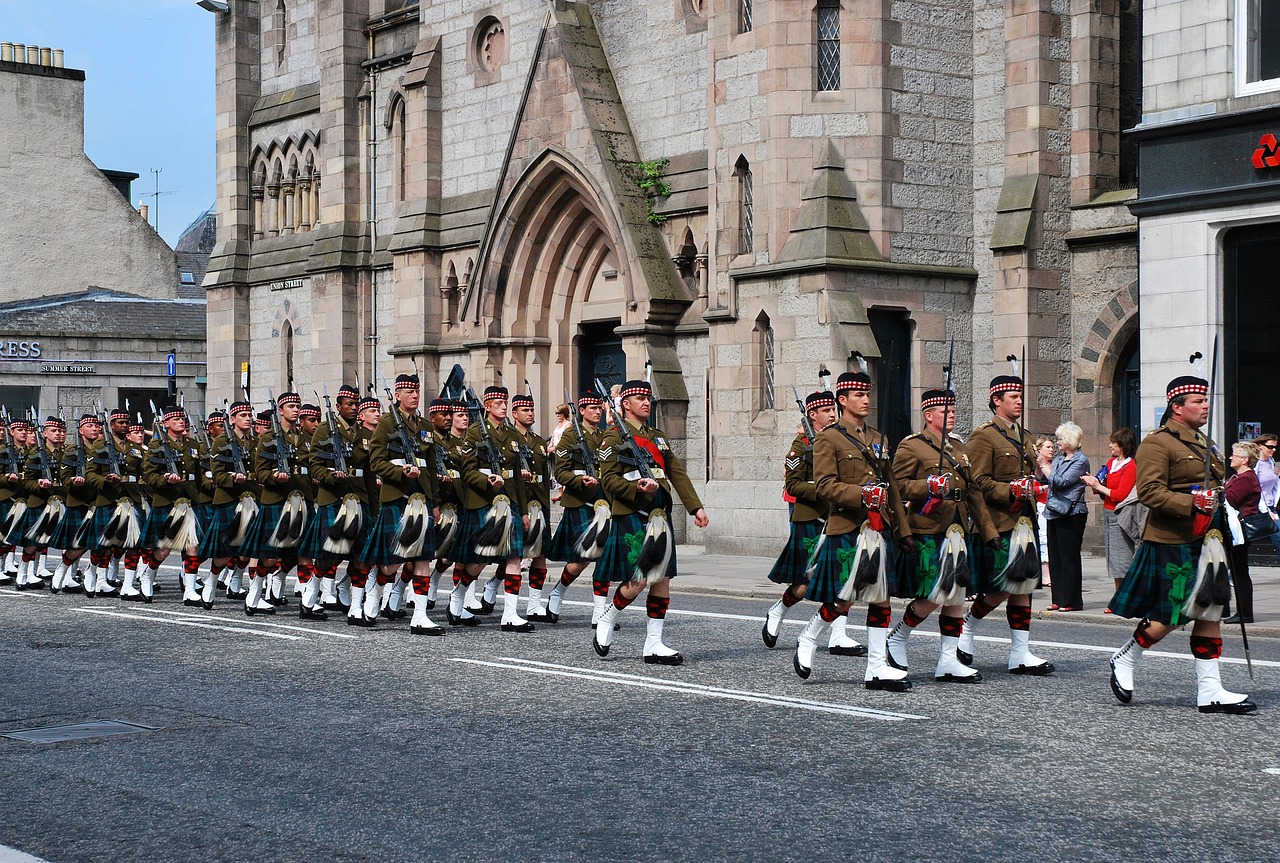 Image by Eleonora Pavlovska from Pixabay
Image by Eleonora Pavlovska from Pixabay
28. The First and Second Opium Wars (1839-1842; 1856-1860)
These two wars between Qing dynasty China and Western powers were pivotal in opening China to foreign trade. They had significant implications for China's internal politics and its relationship with the world, leading to the era of unequal treaties and concessions.
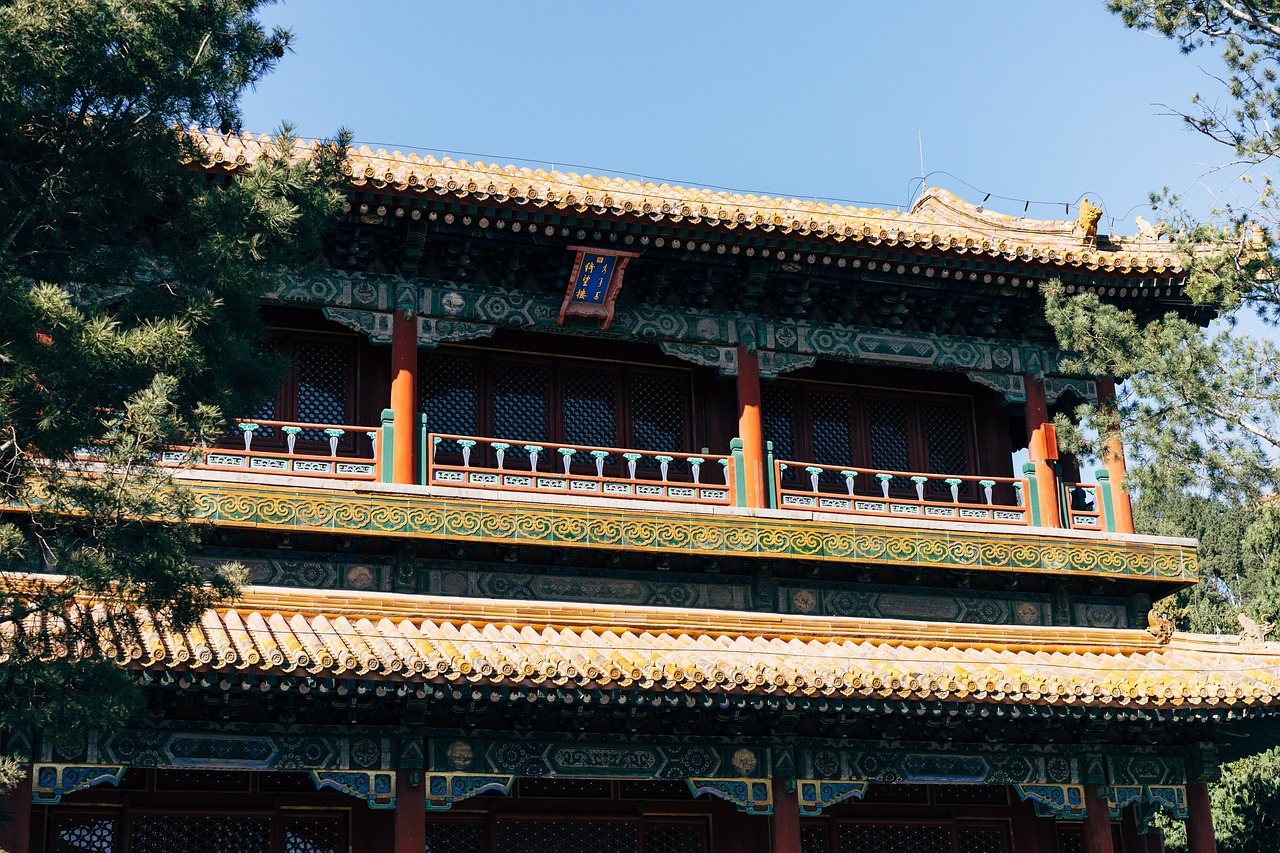 Image by Markus Winkler from Pixabay
Image by Markus Winkler from Pixabay
29. The Greco-Turkish War (1919-1922)
A part of the larger Greek-Turkish conflict following World War I, this war led to a massive population exchange and significantly shaped the modern national identities of Greece and Turkey.
30. The Algerian War of Independence (1954-1962)
A major decolonization conflict, it led to Algeria gaining its independence from France. The war was noted for its guerrilla warfare and had profound impacts on French society and politics, leading to the end of the Fourth French Republic.
31. The Six-Day War (1967)
A swift and decisive conflict between Israel and its Arab neighbours, this war resulted in significant territorial changes and had lasting effects on the politics of the Middle East.
32. The Rwandan Genocide (1994)
Occurring during the Rwandan Civil War, this genocide led to the deaths of hundreds of thousands of Rwandans, primarily Tutsi. Its aftermath had profound effects on the region and raised international awareness about the horrors of genocide.
33. The Yugoslav Wars (1991-2001)
A series of ethnically-based wars and insurgencies fought as Yugoslavia disintegrated, these conflicts resulted in the creation of several independent states. They were marked by ethnic cleansing and had significant impacts on European politics.
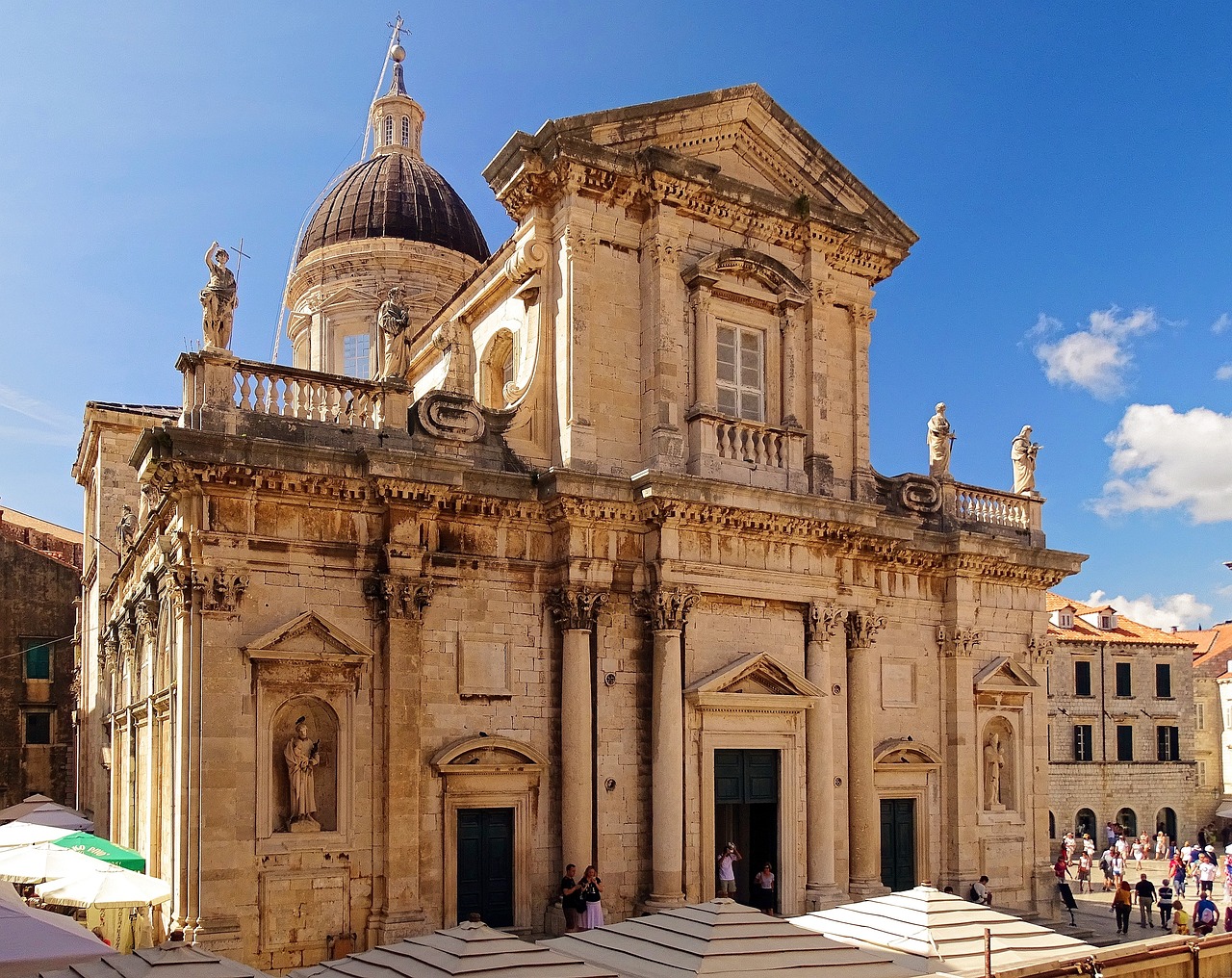 Image by neufal54 from Pixabay
Image by neufal54 from Pixabay
34. The Afghan Wars (1979-1989; 2001-2021)
The first war against Soviet intervention and the subsequent U.S.-led war following the events of September 11, 2001, have deeply impacted Afghanistan's society and global geopolitics. These conflicts underline the complexities of foreign intervention and counterinsurgency.
 Image by Amber Clay from Pixabay
Image by Amber Clay from Pixabay
35. The Syrian Civil War (2011-Present)
An ongoing conflict arising from the Arab Spring protests, this war has involved multiple regional and international actors. It has led to a significant humanitarian crisis and has had far-reaching impacts on global politics, particularly in terms of refugee movements and international relations.


